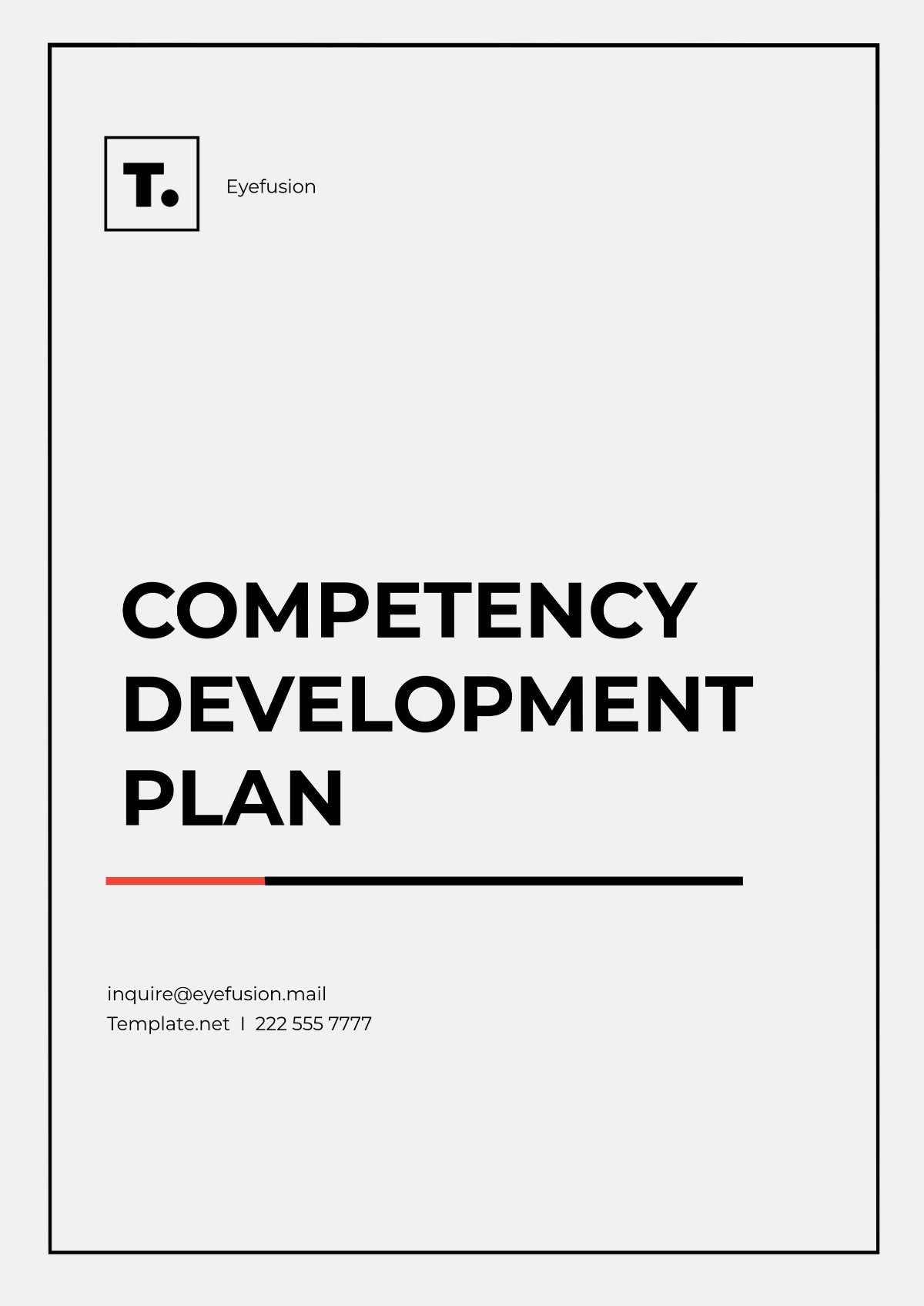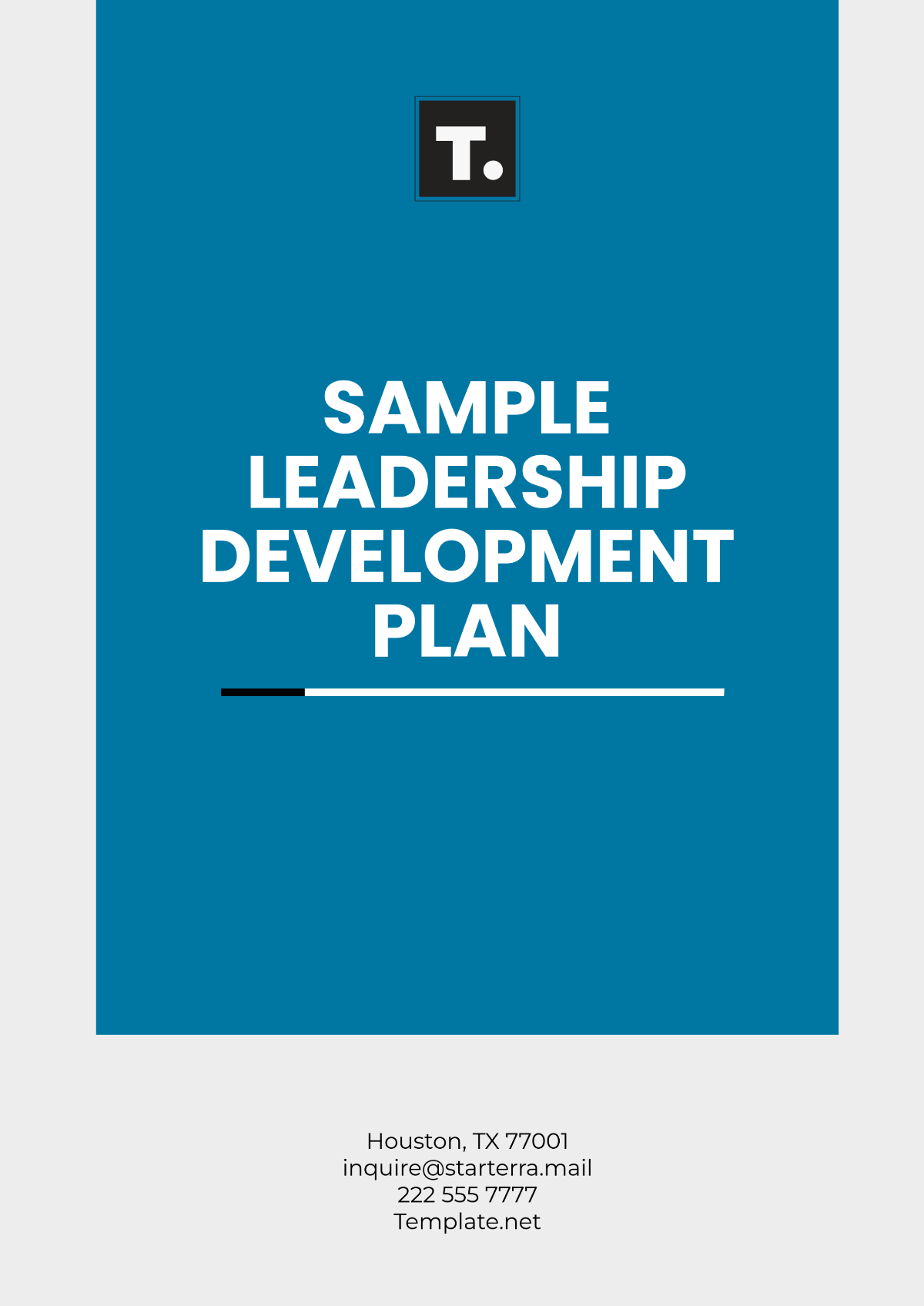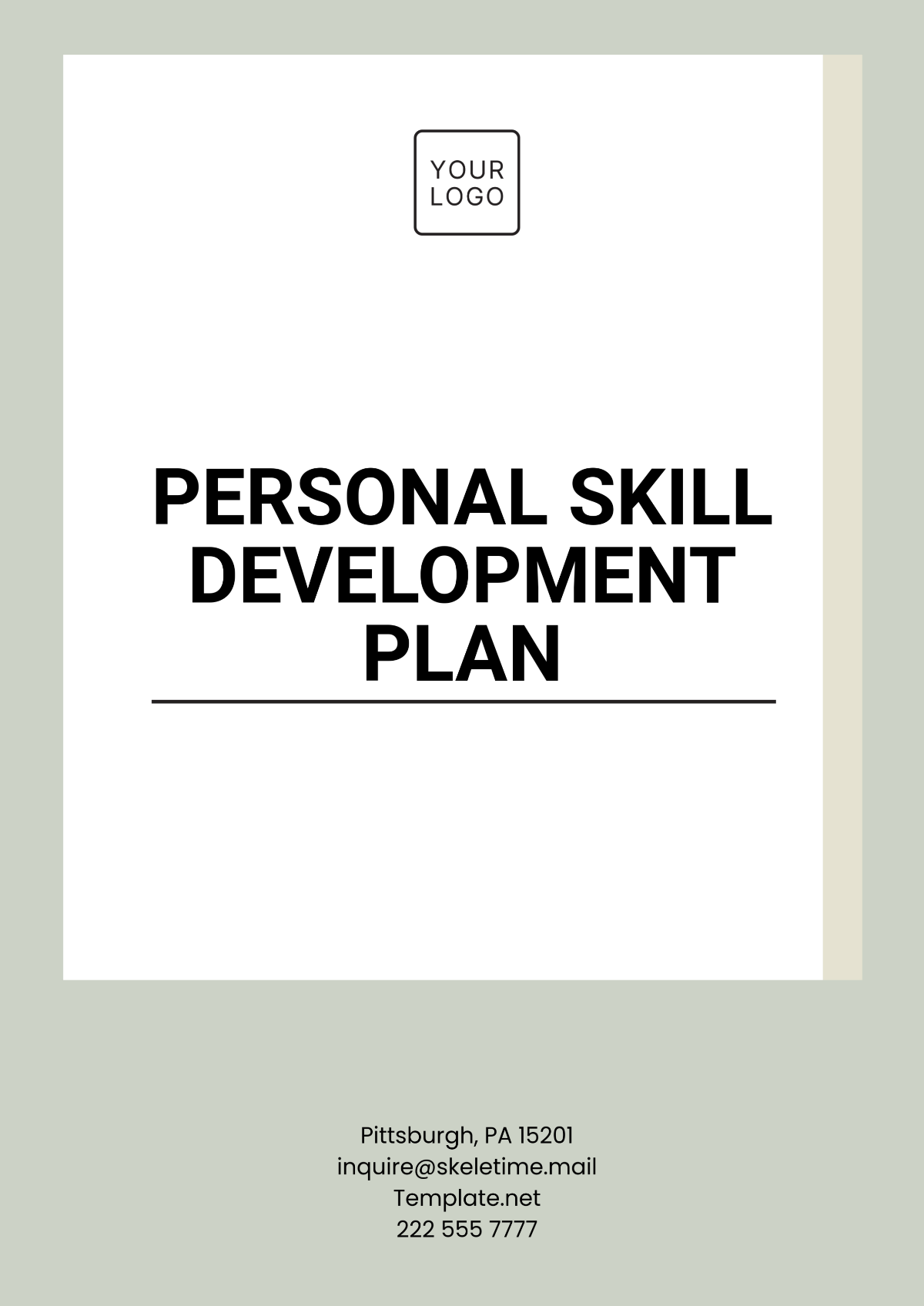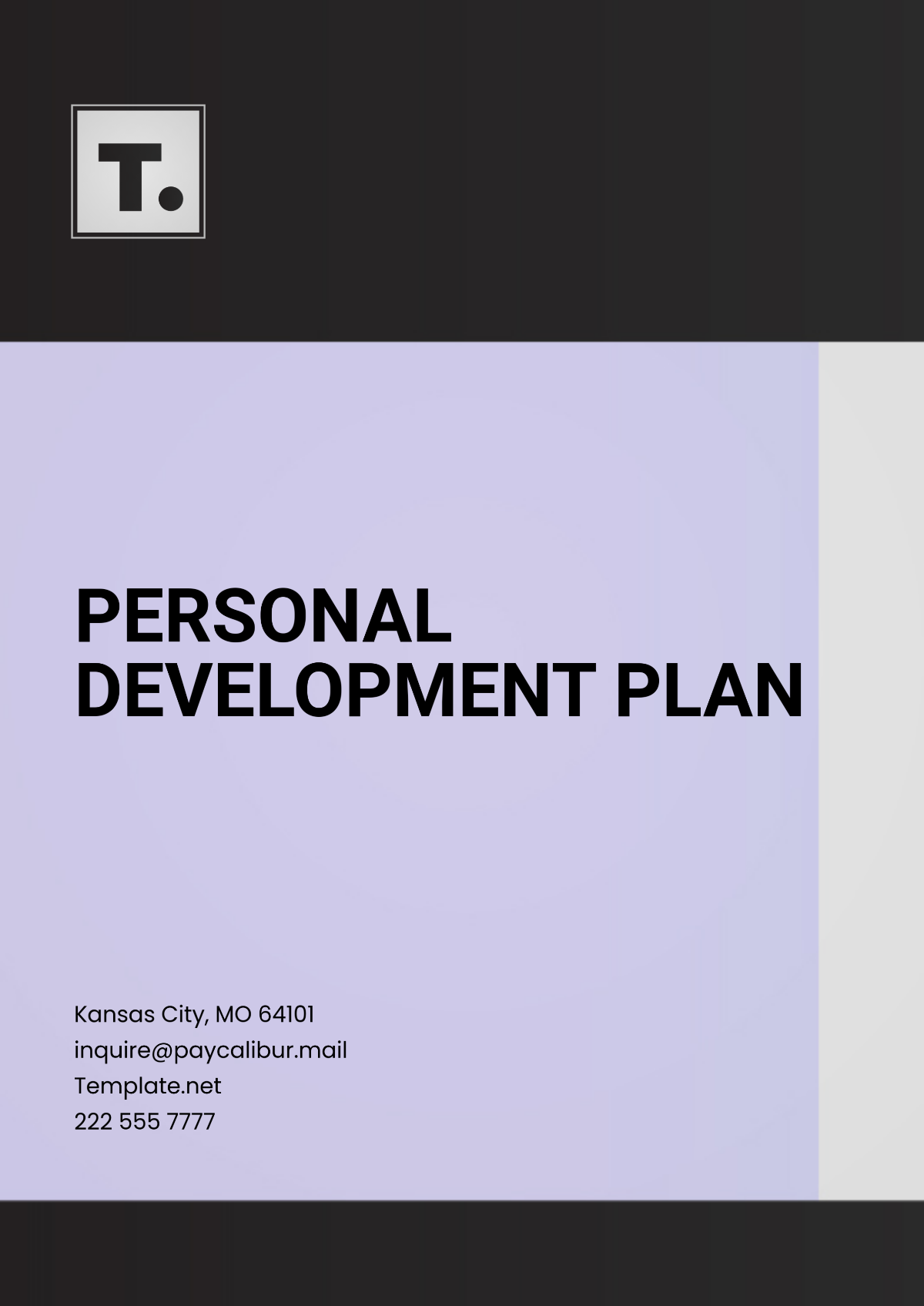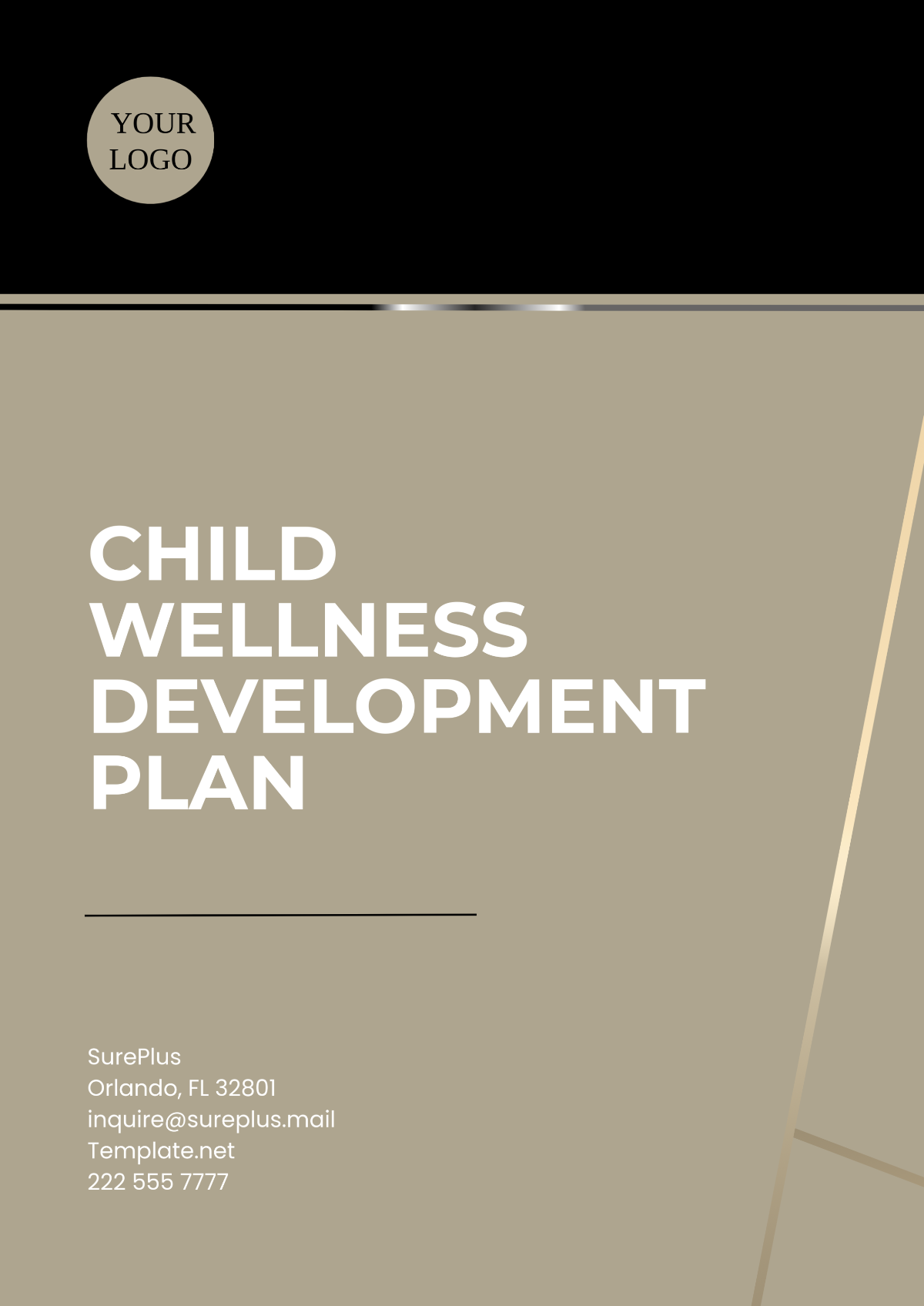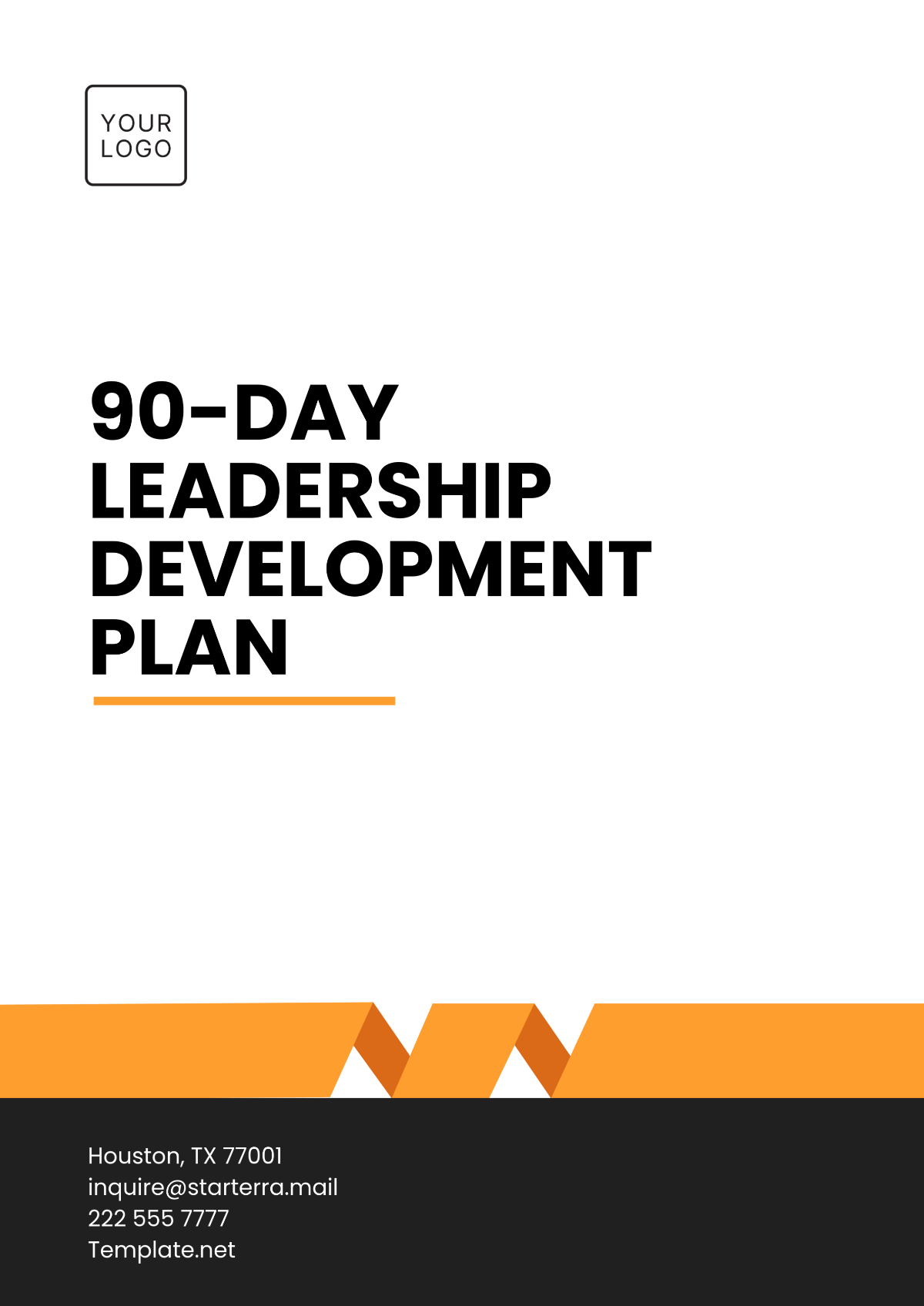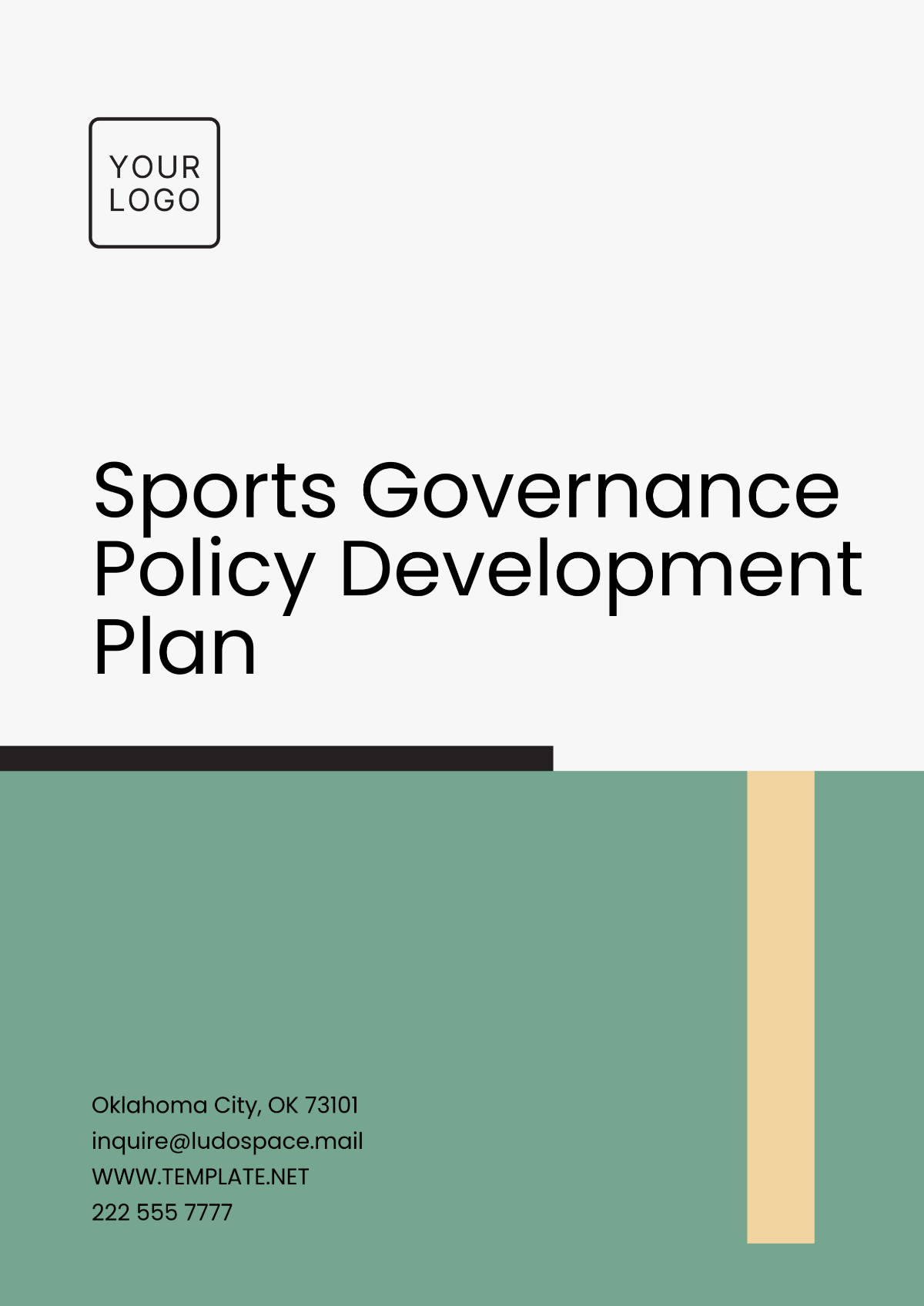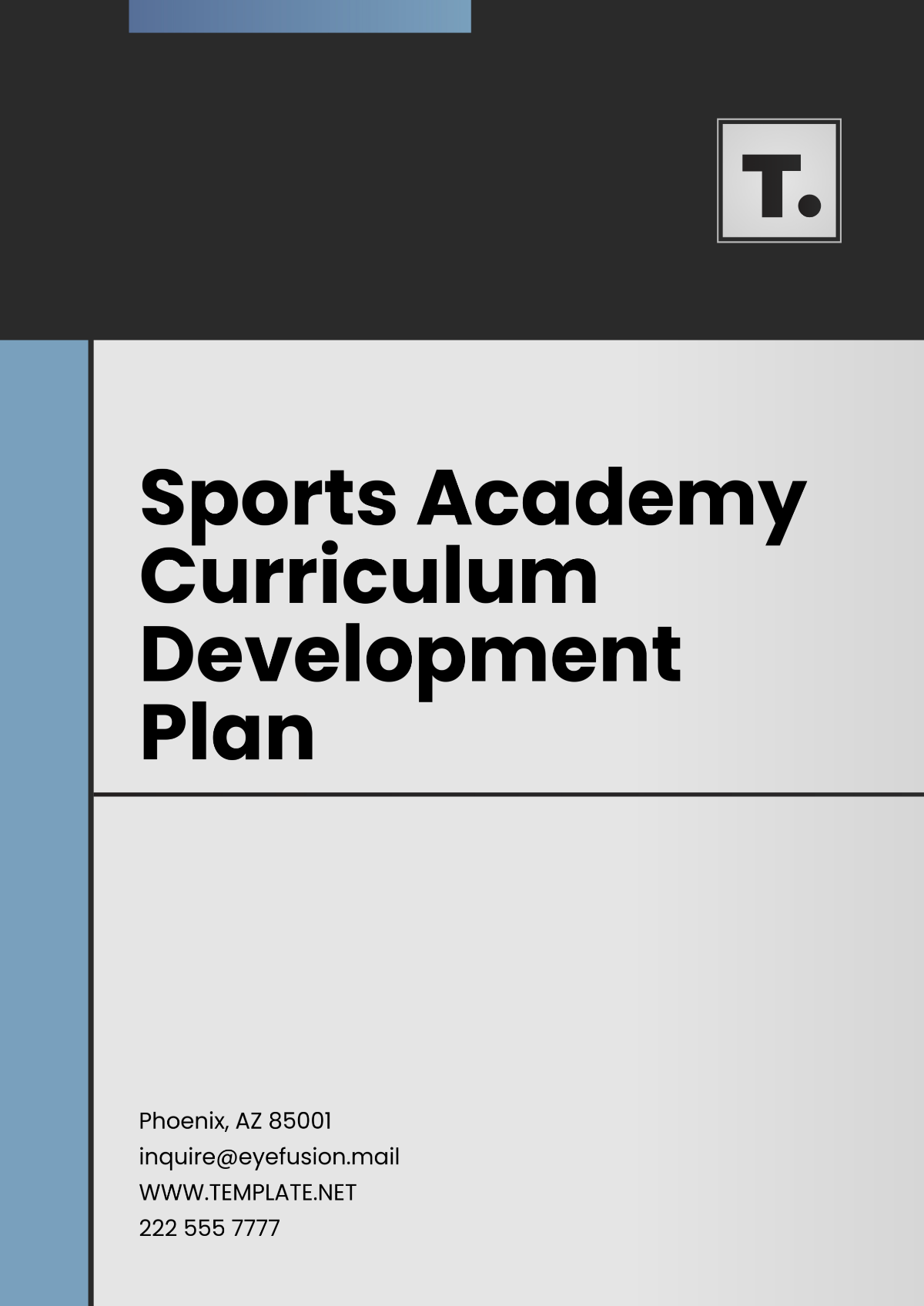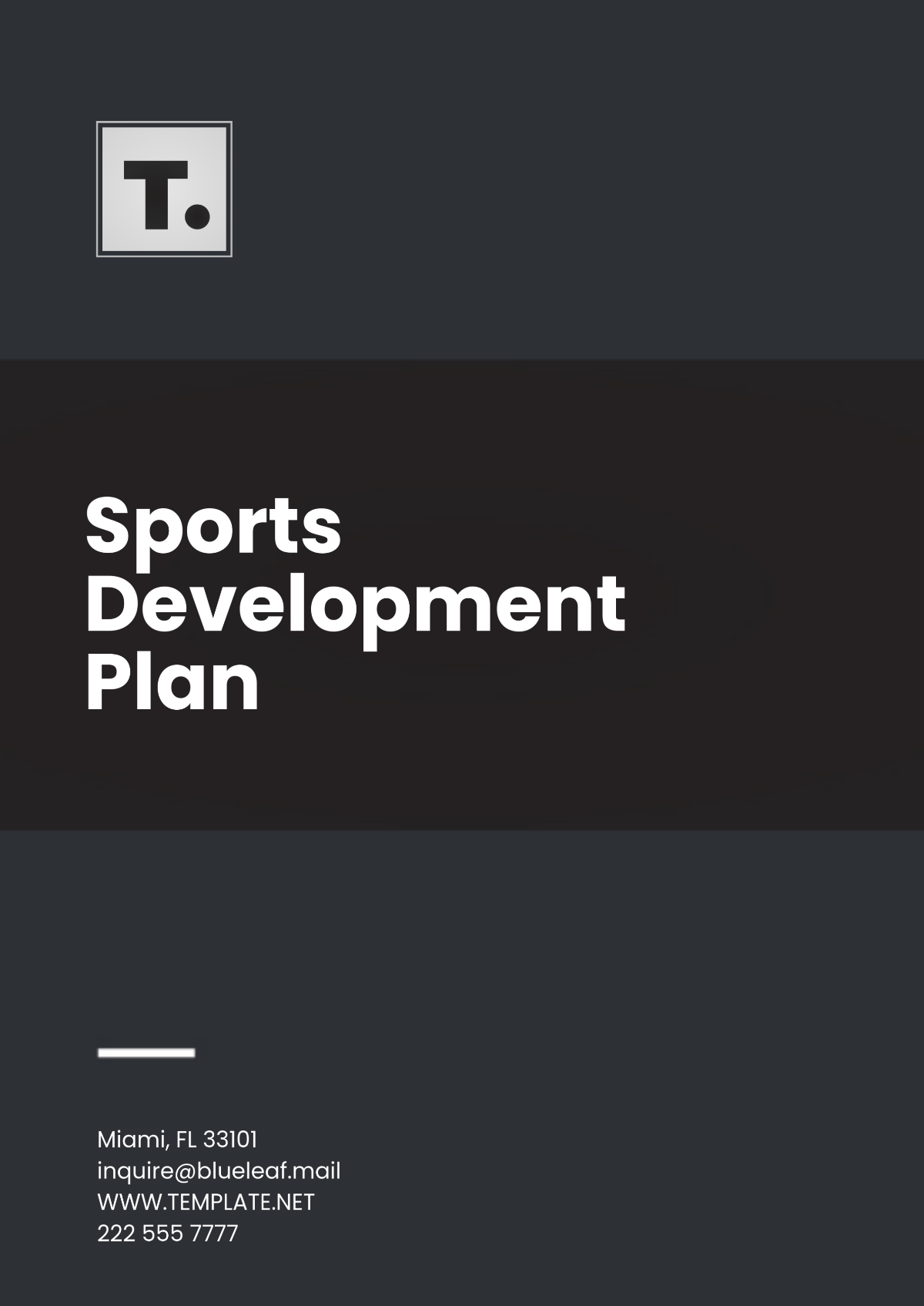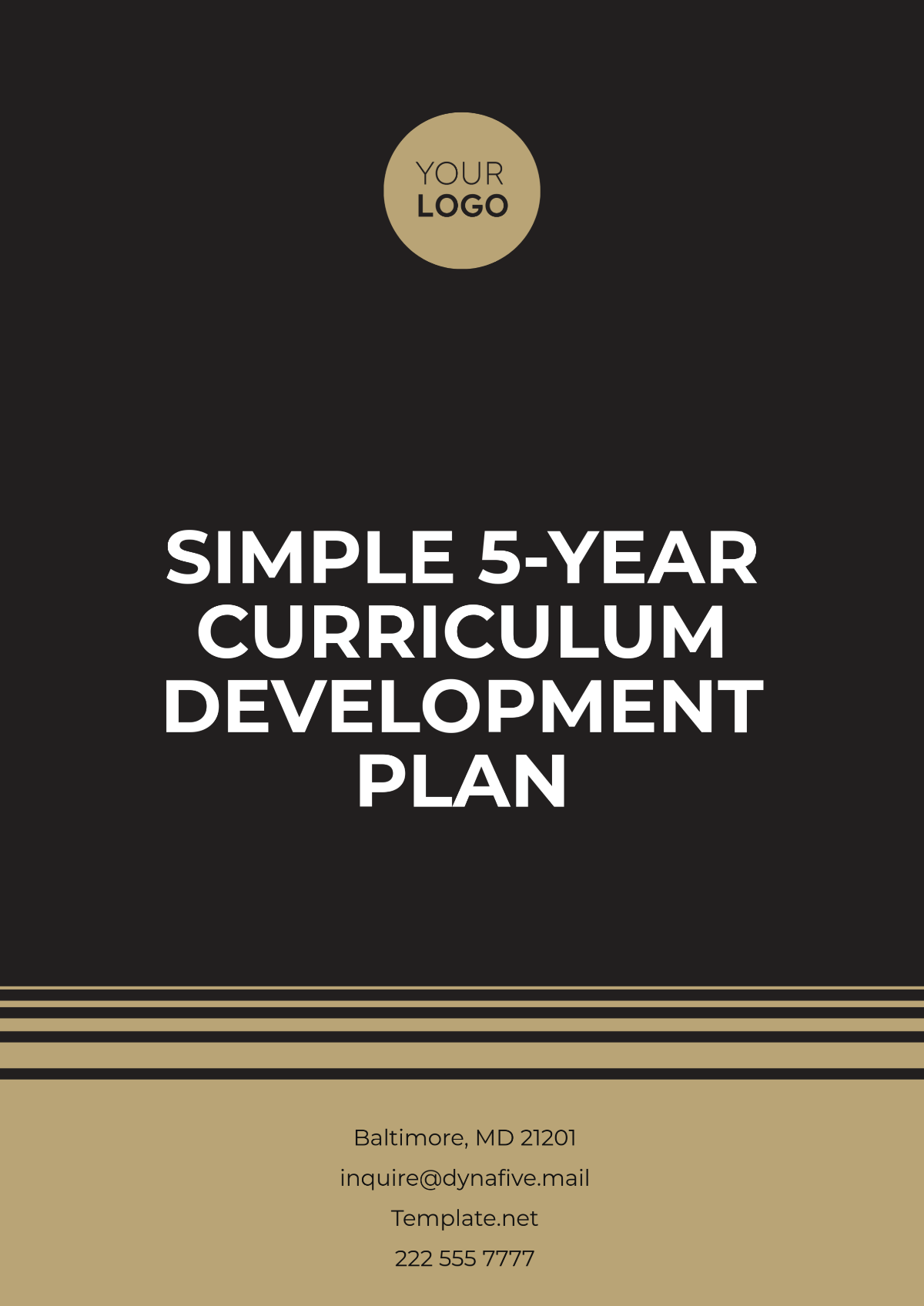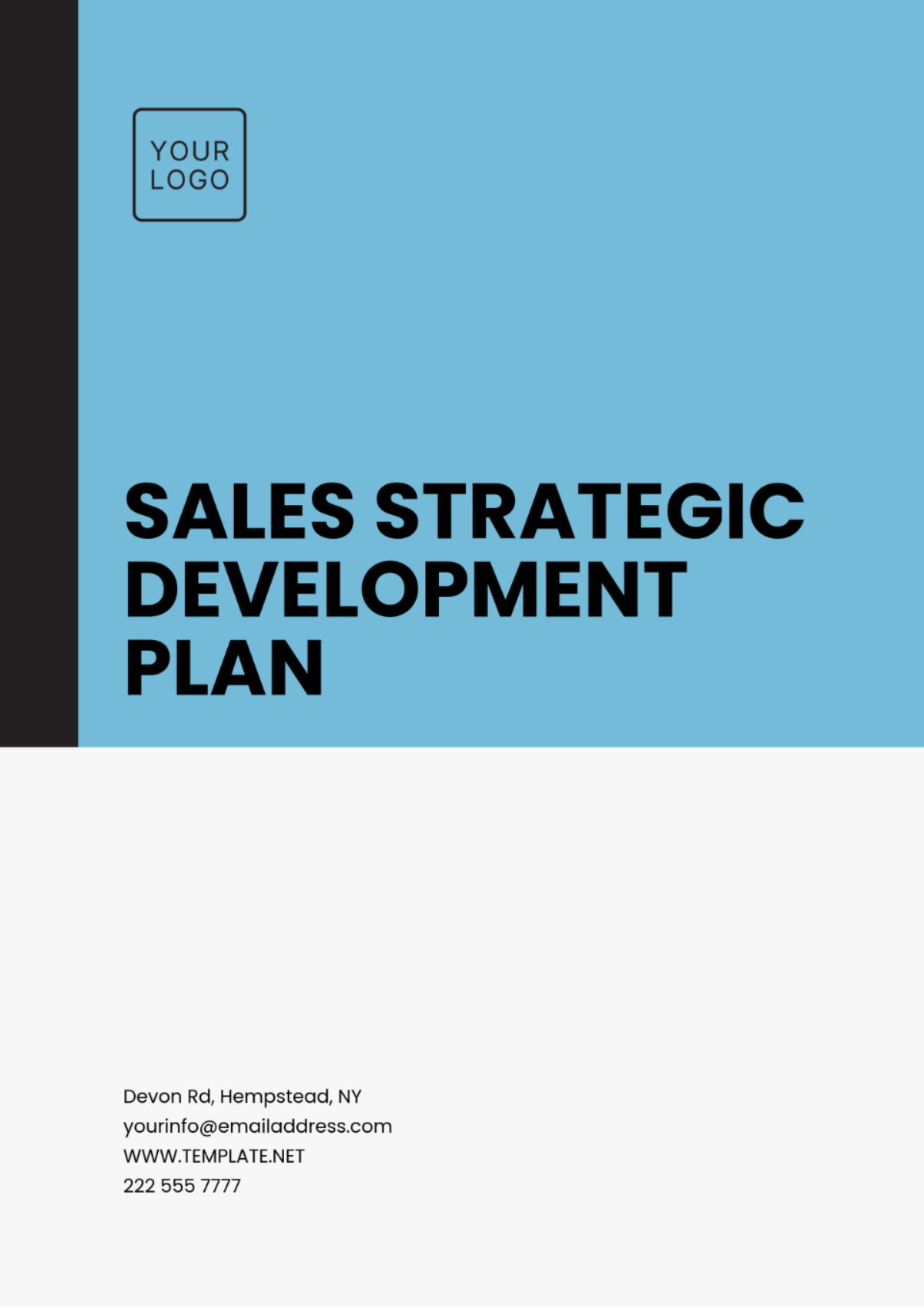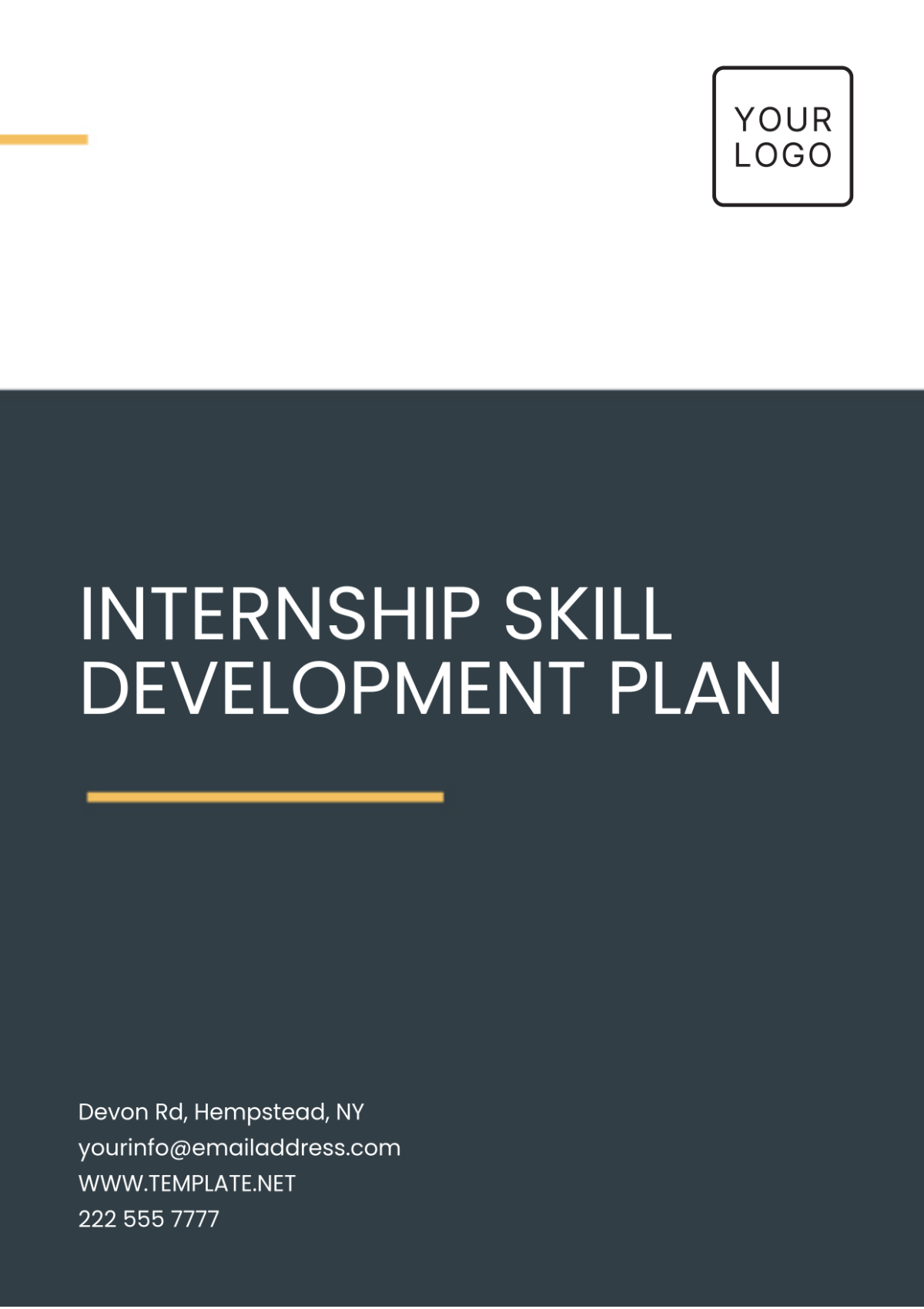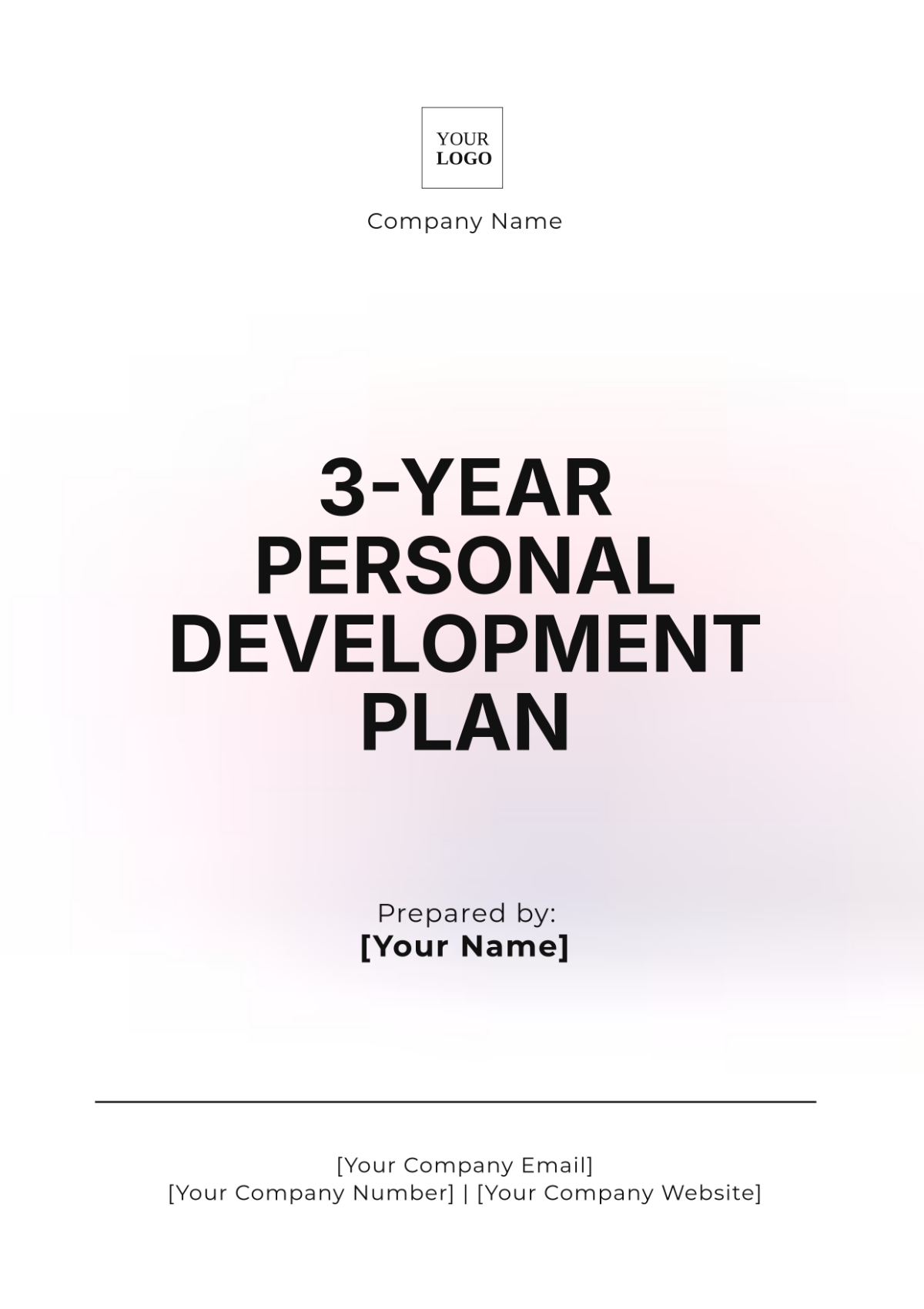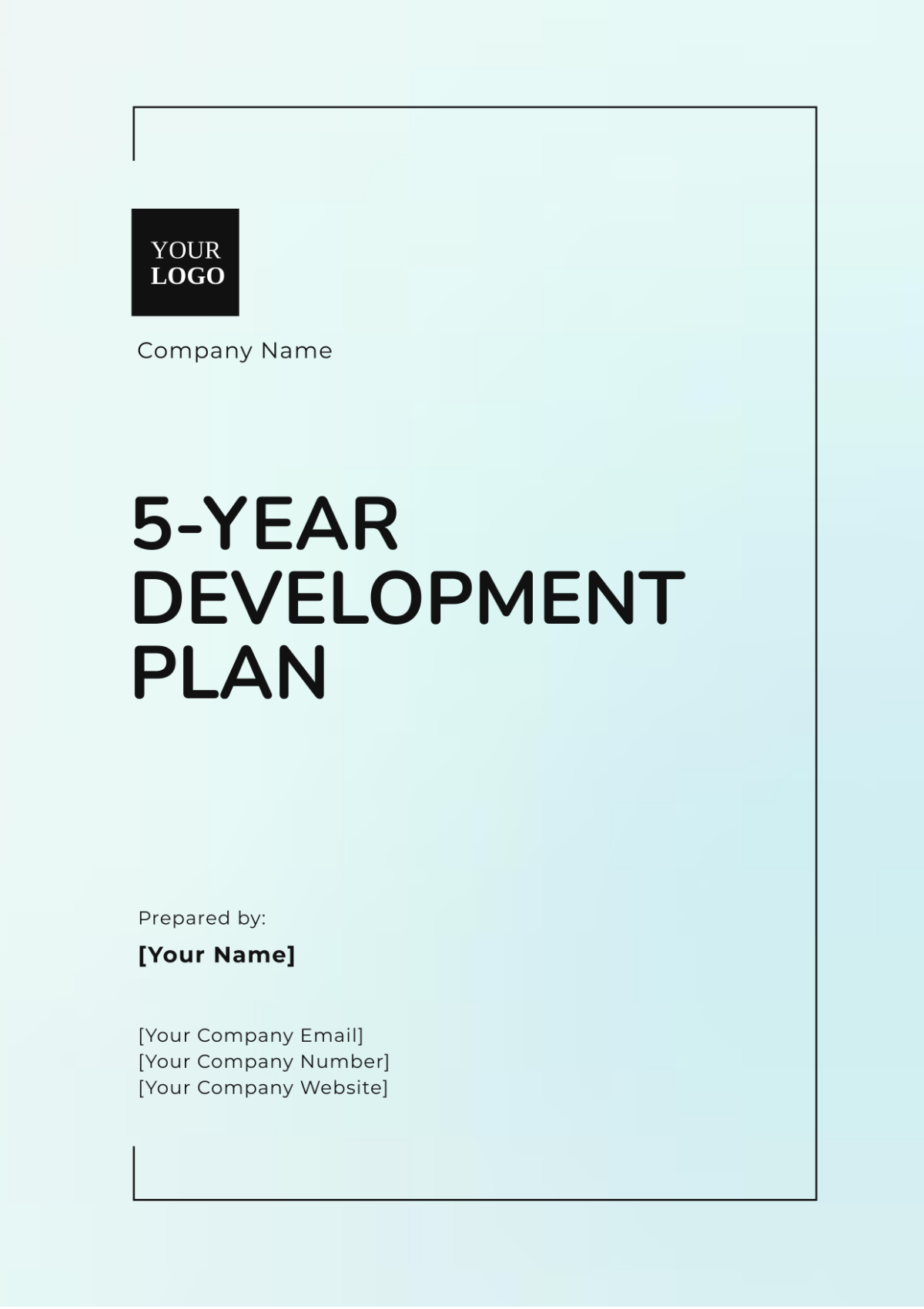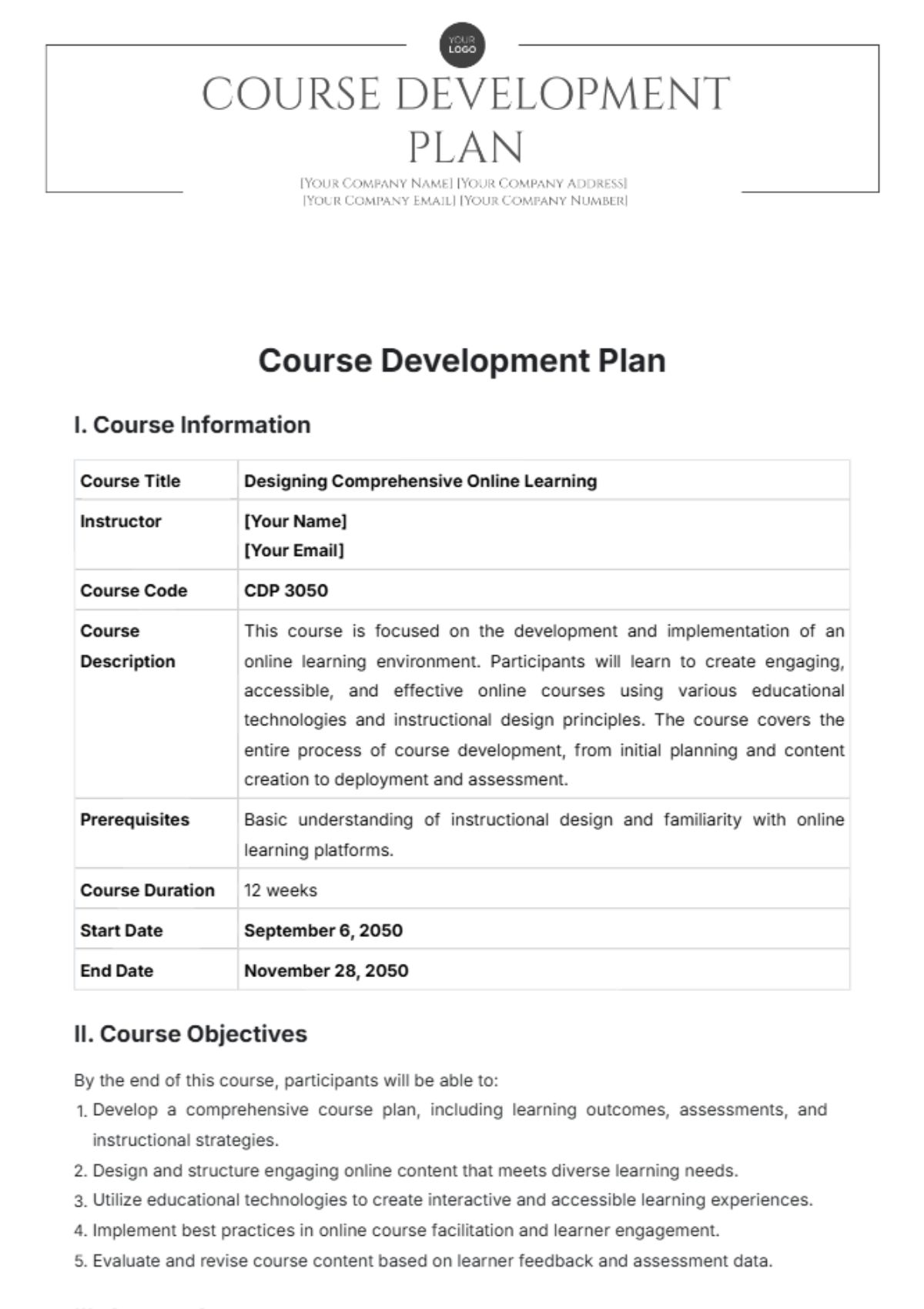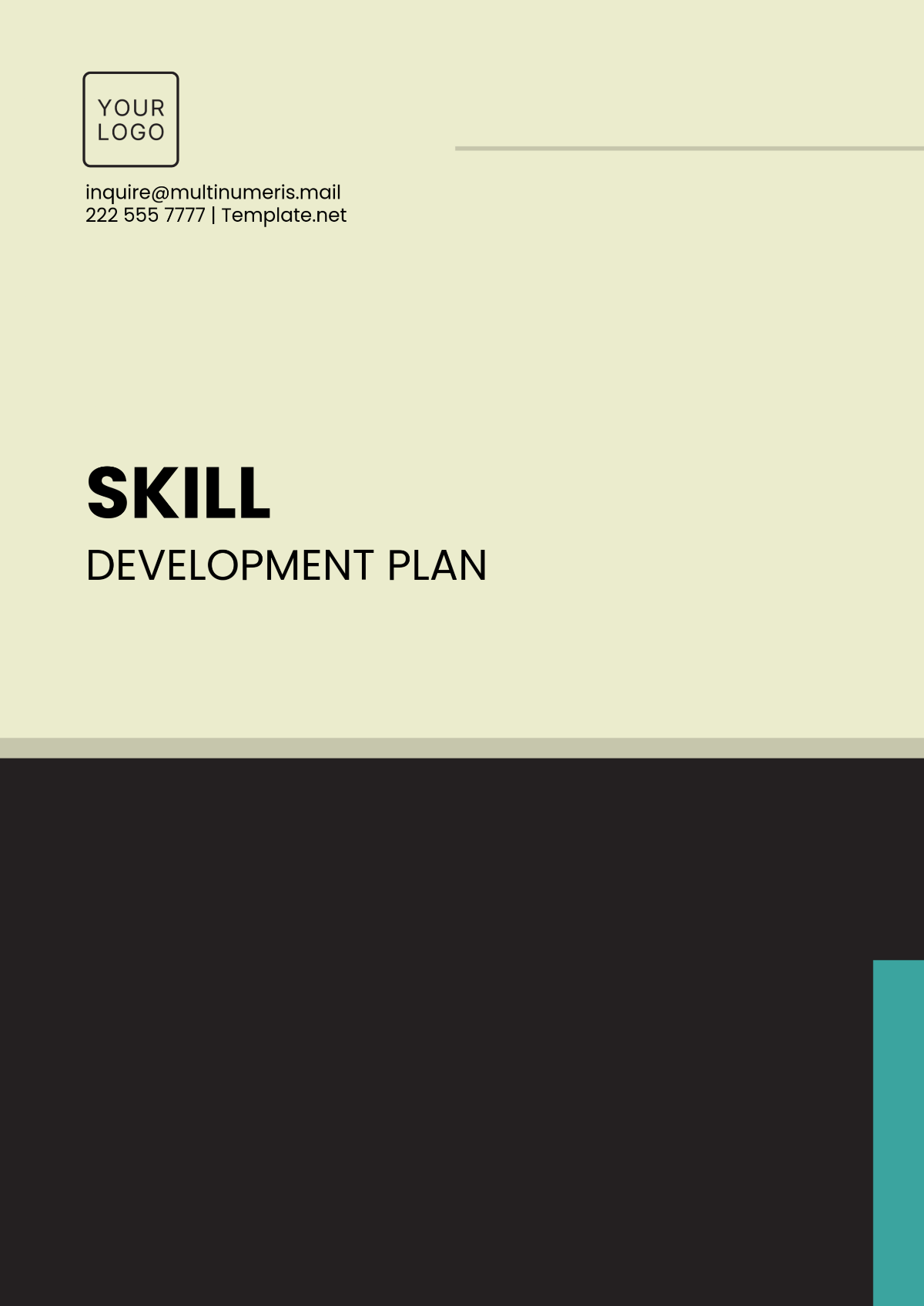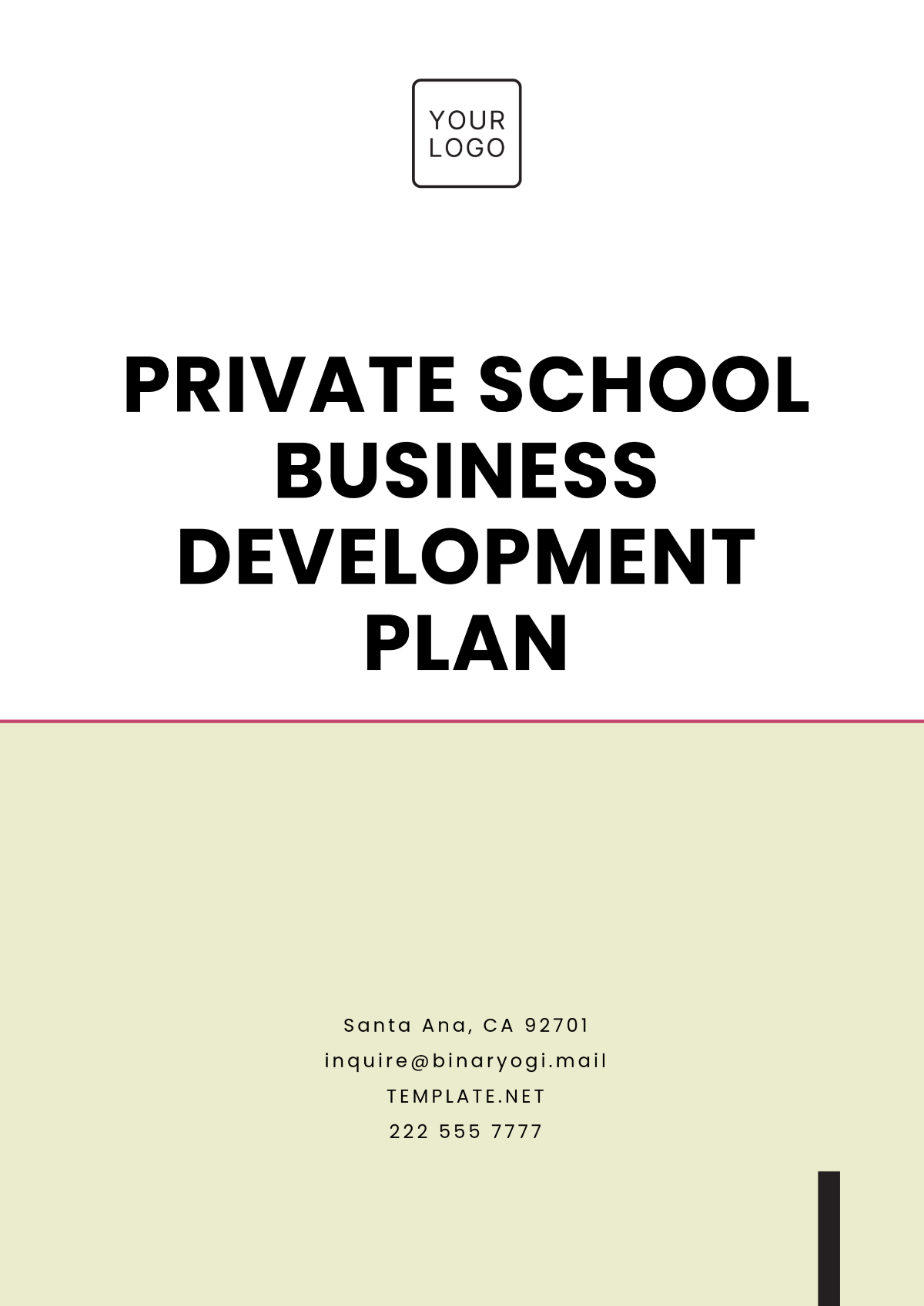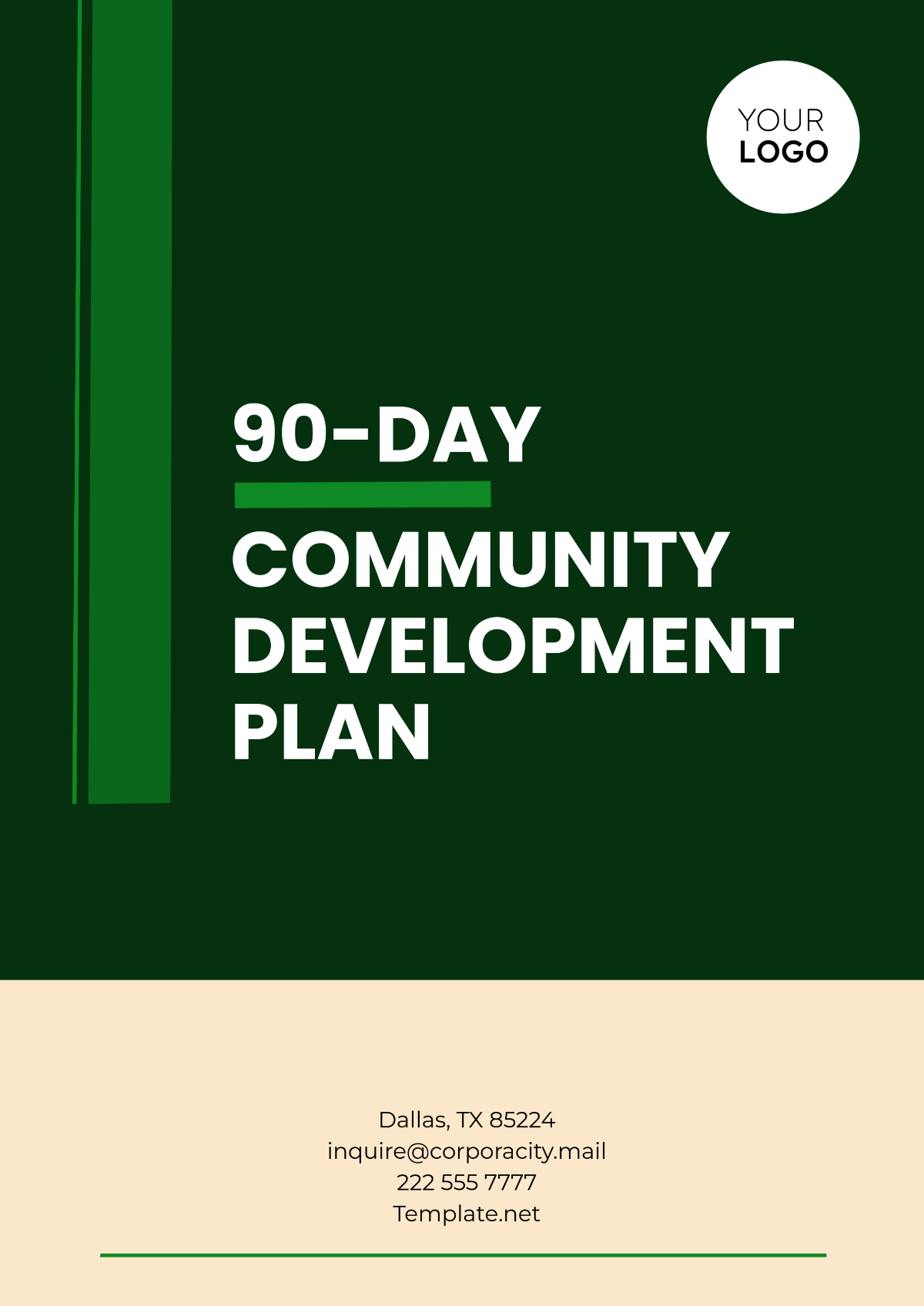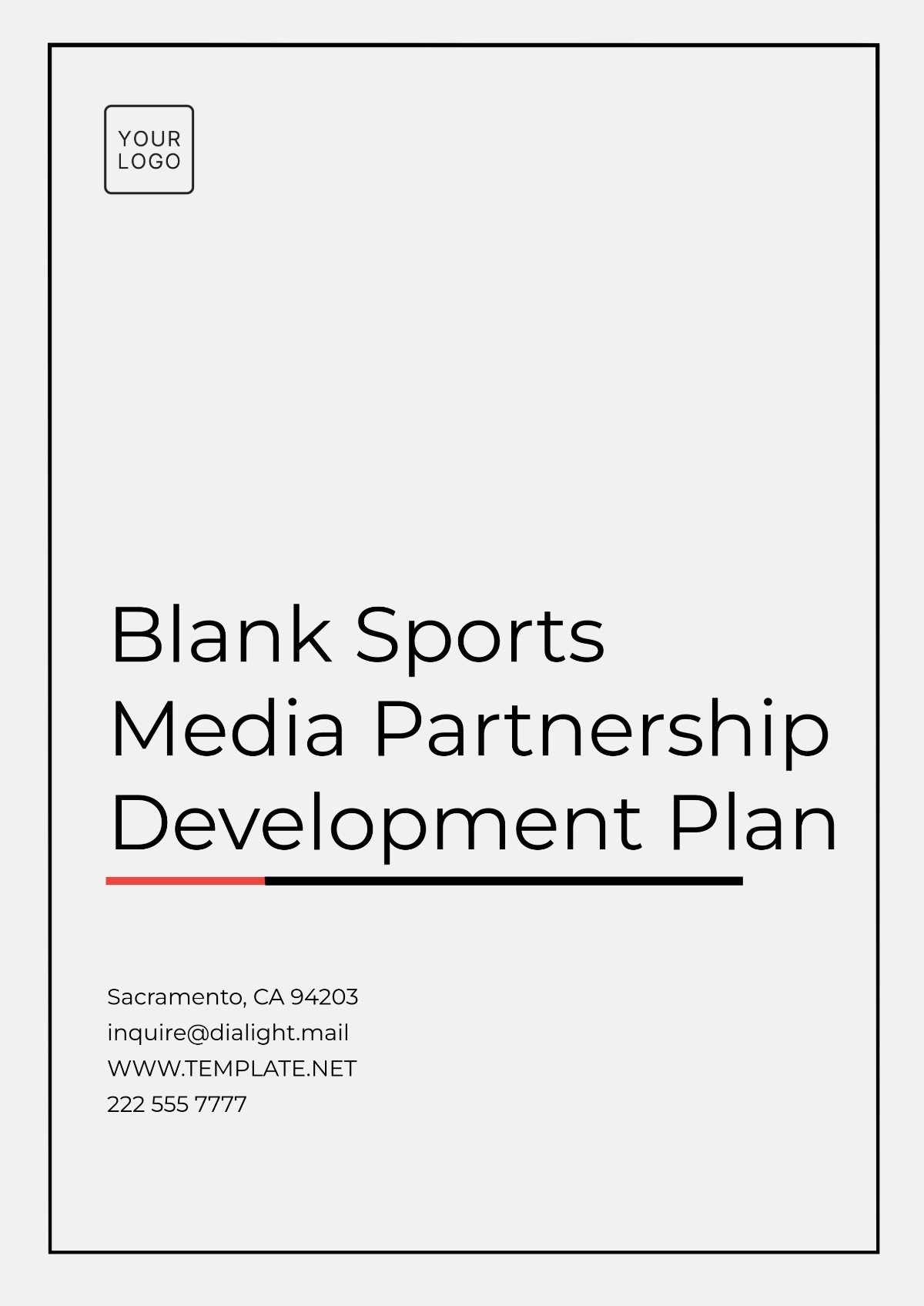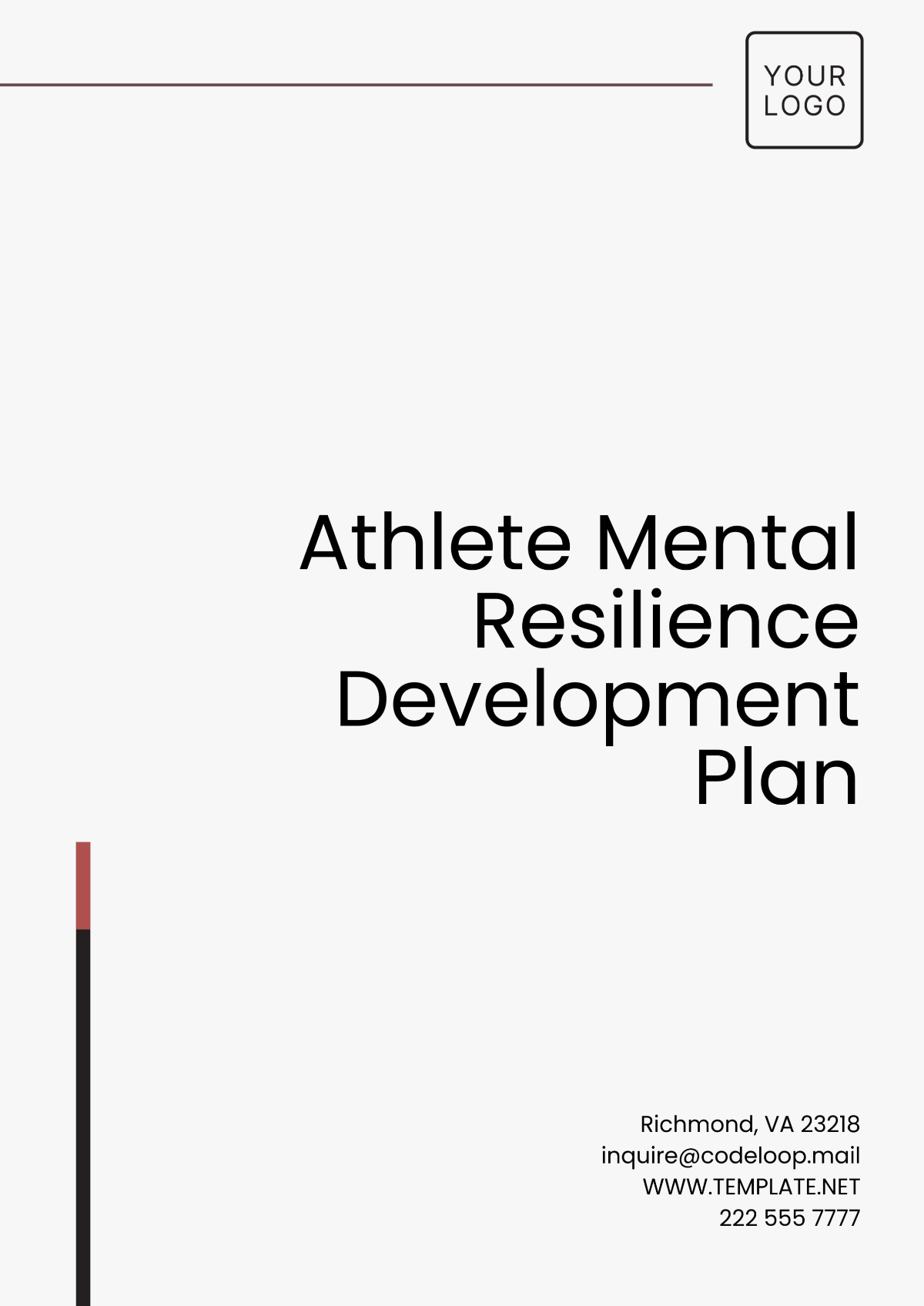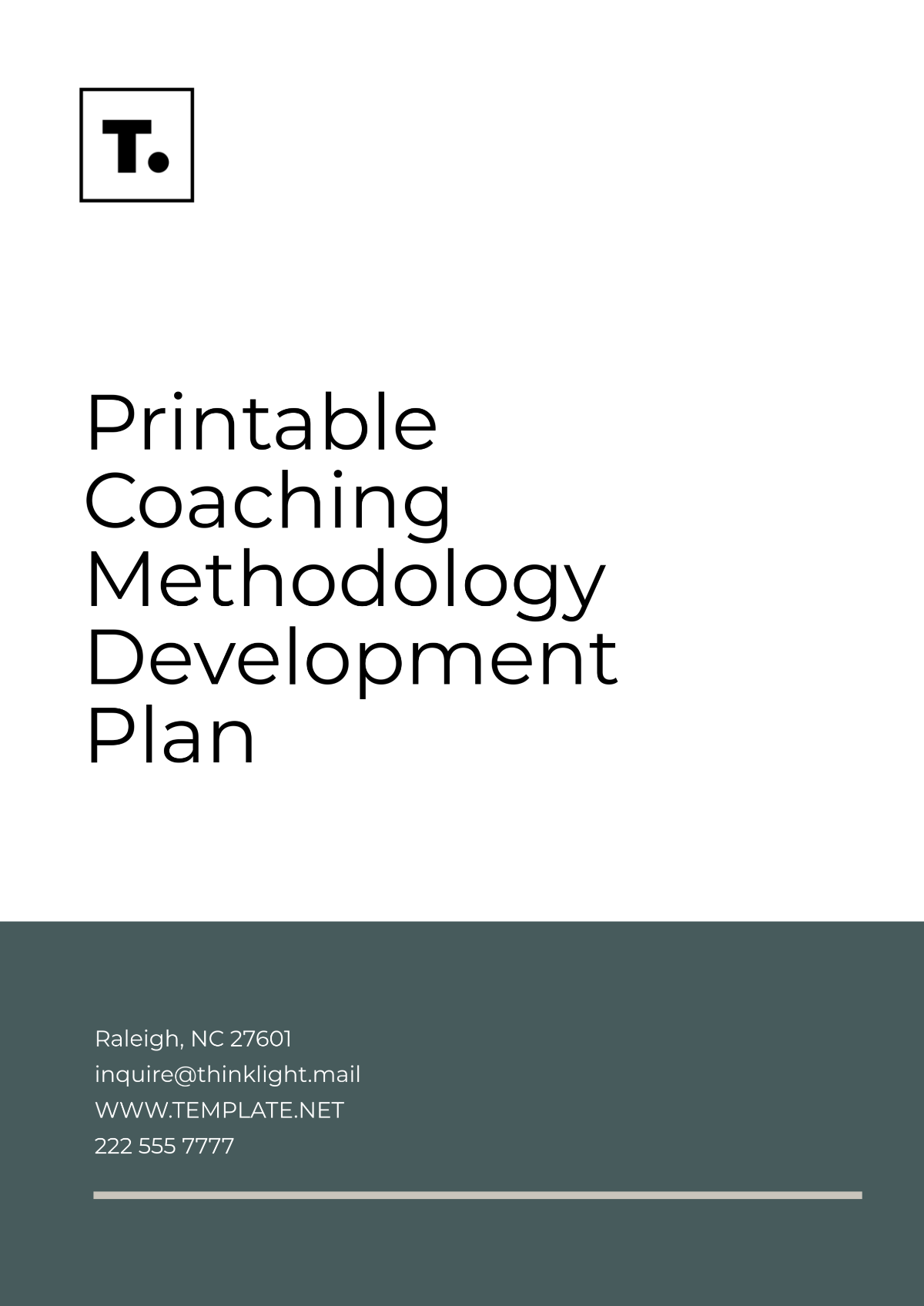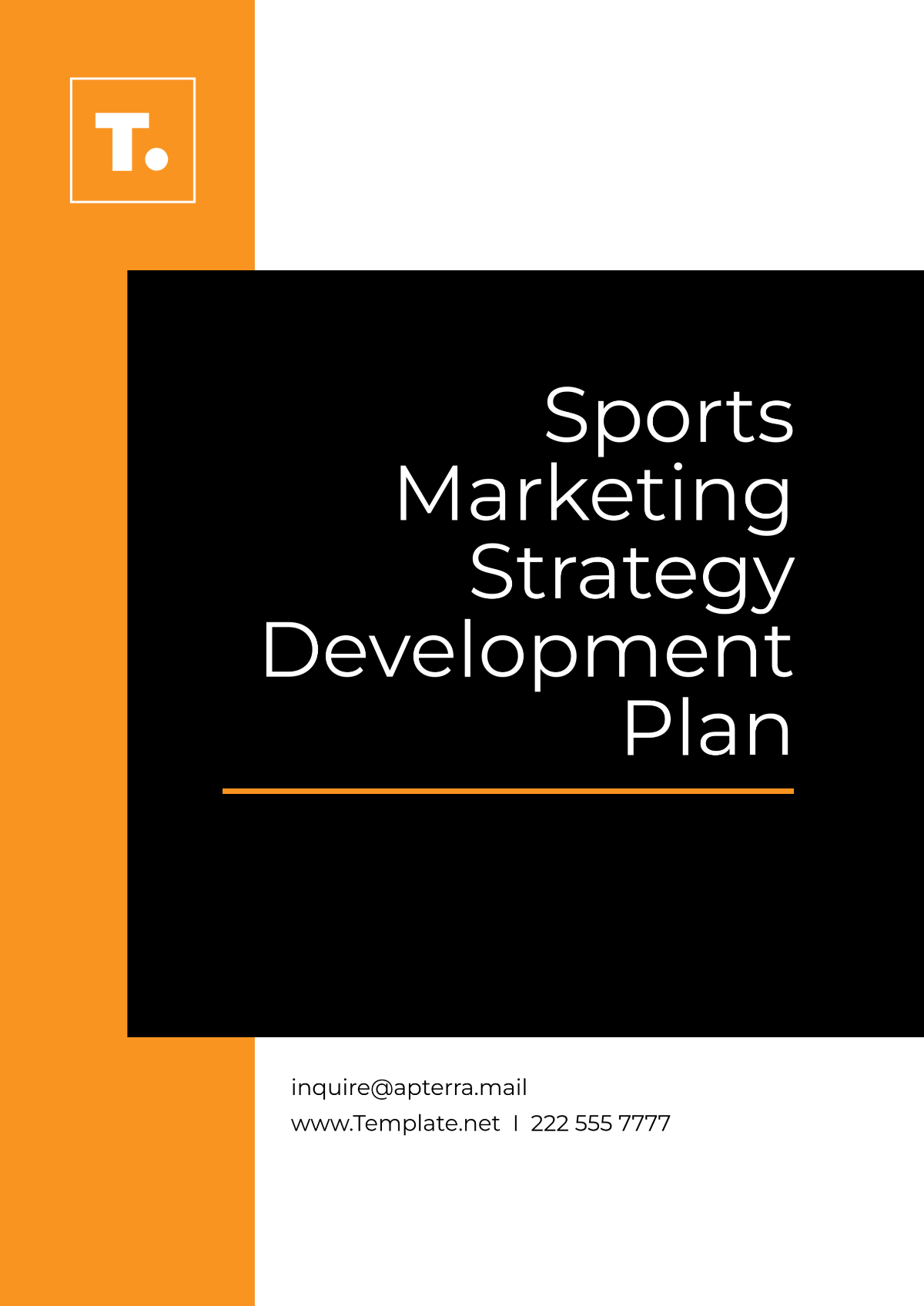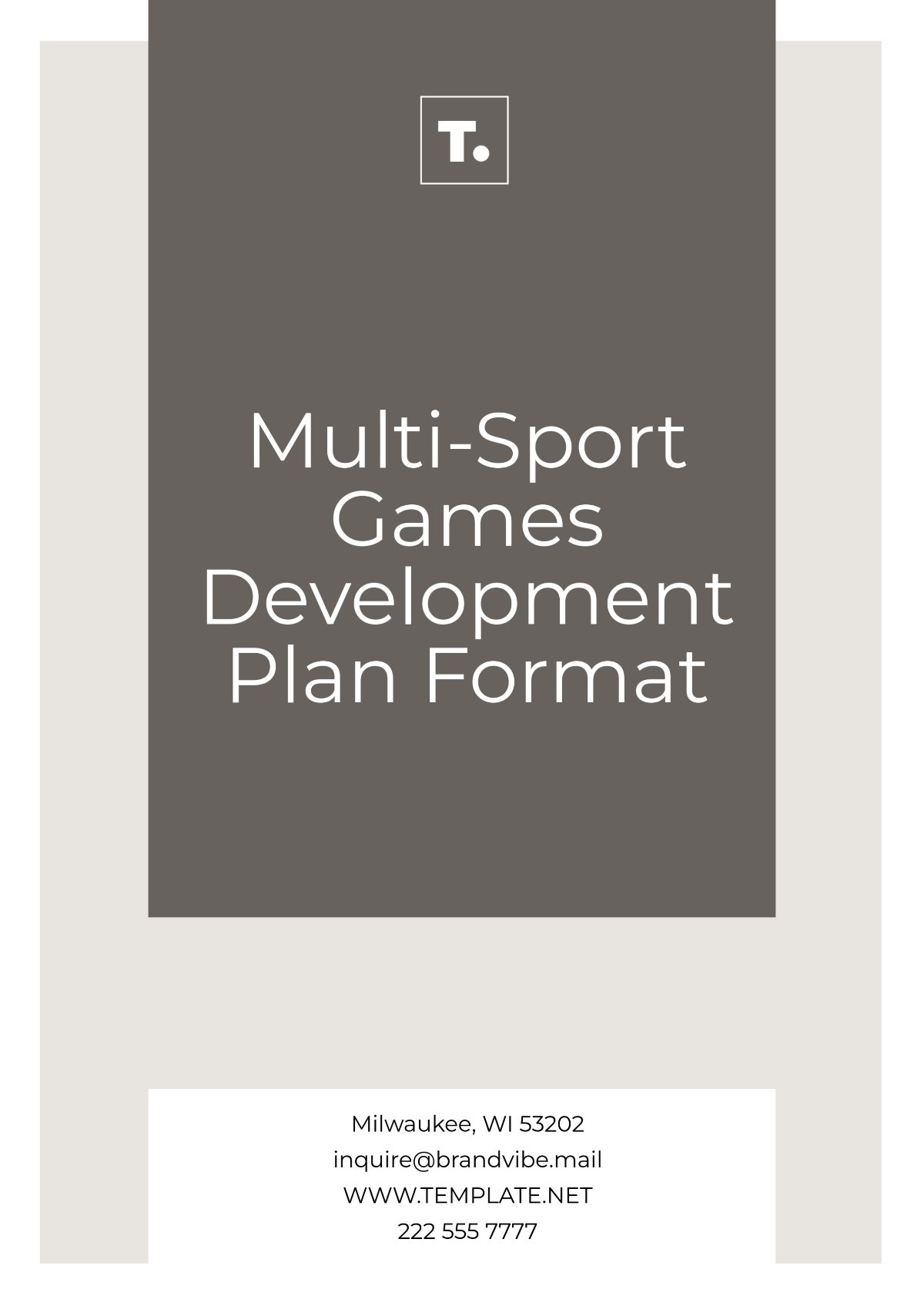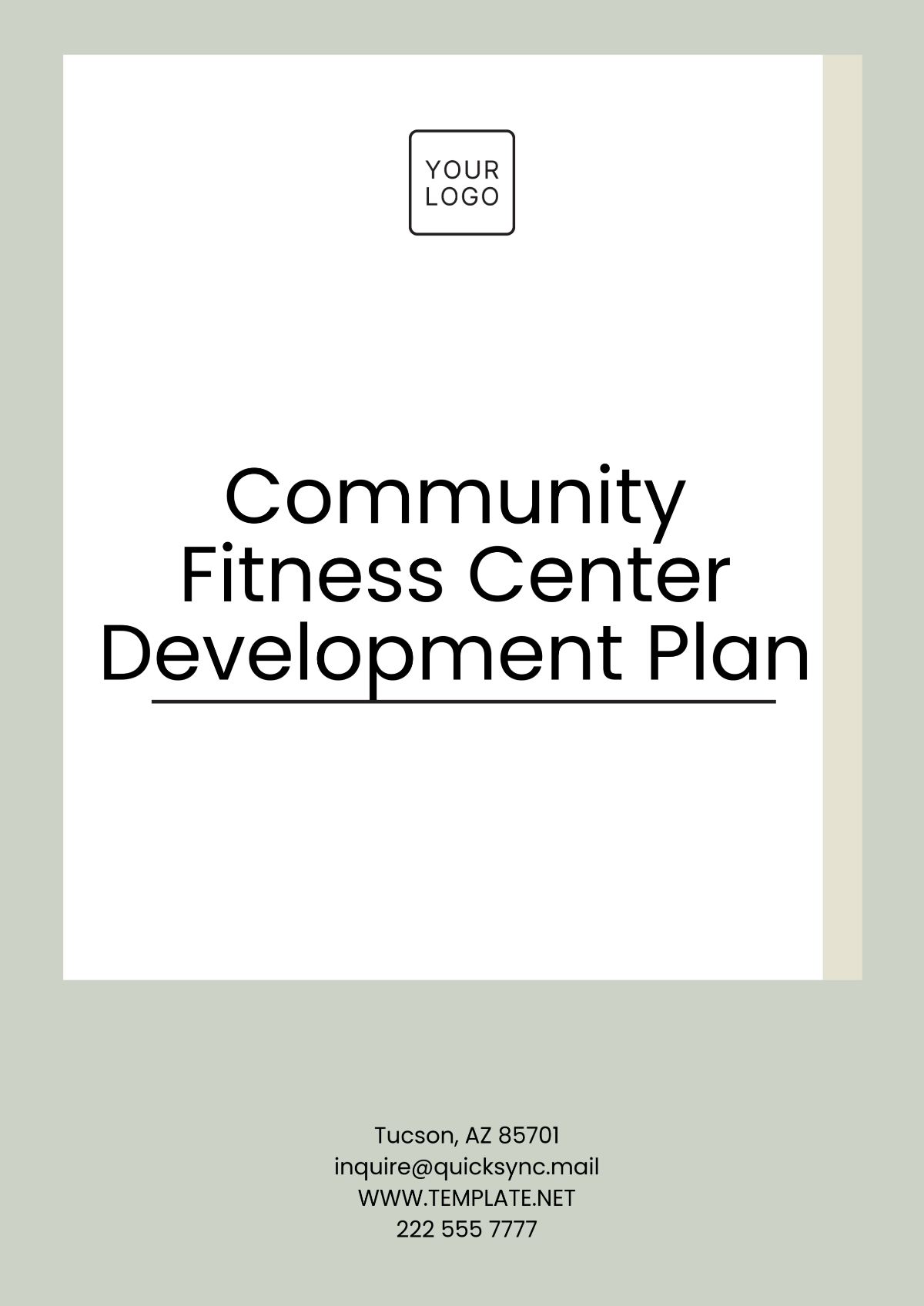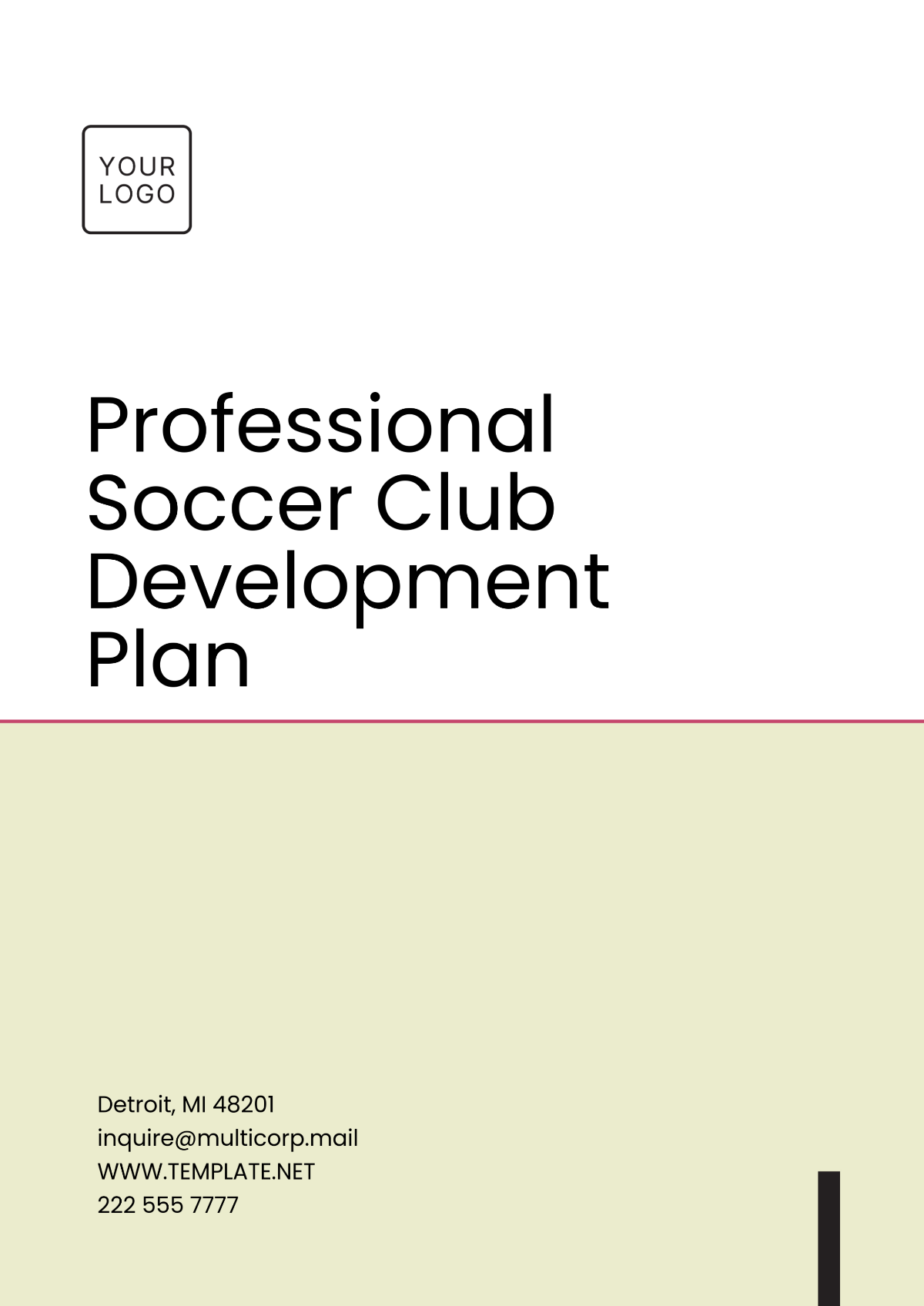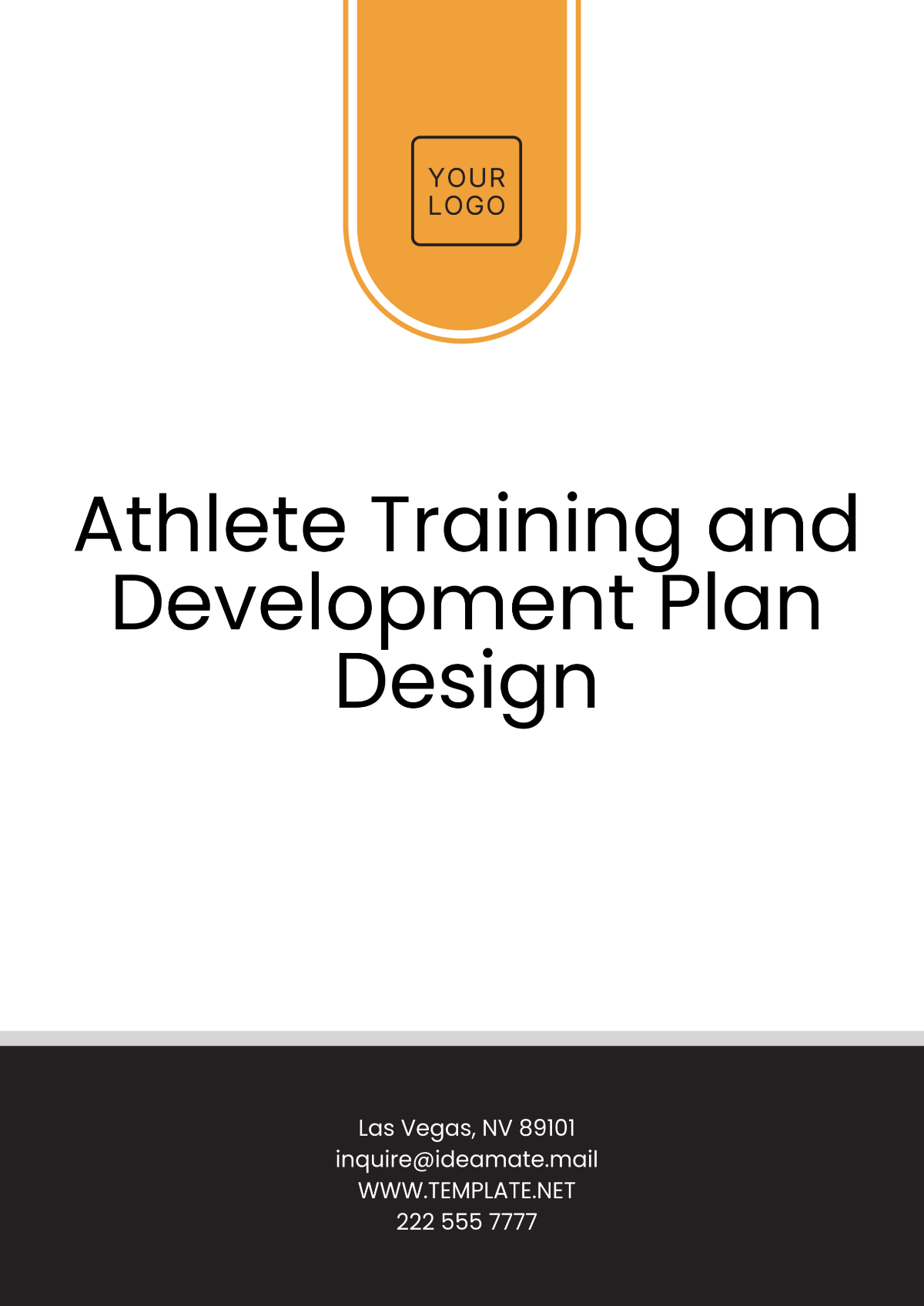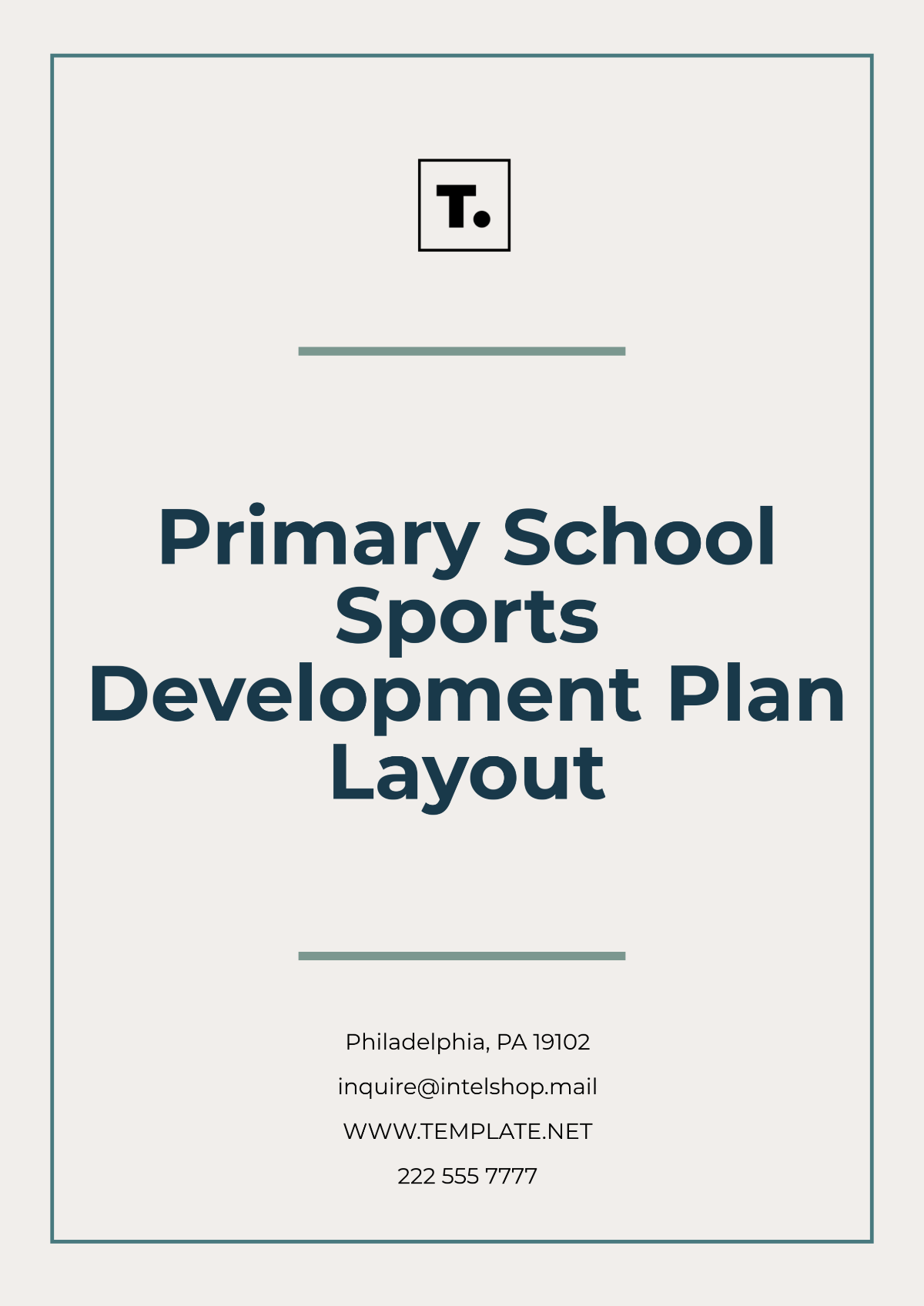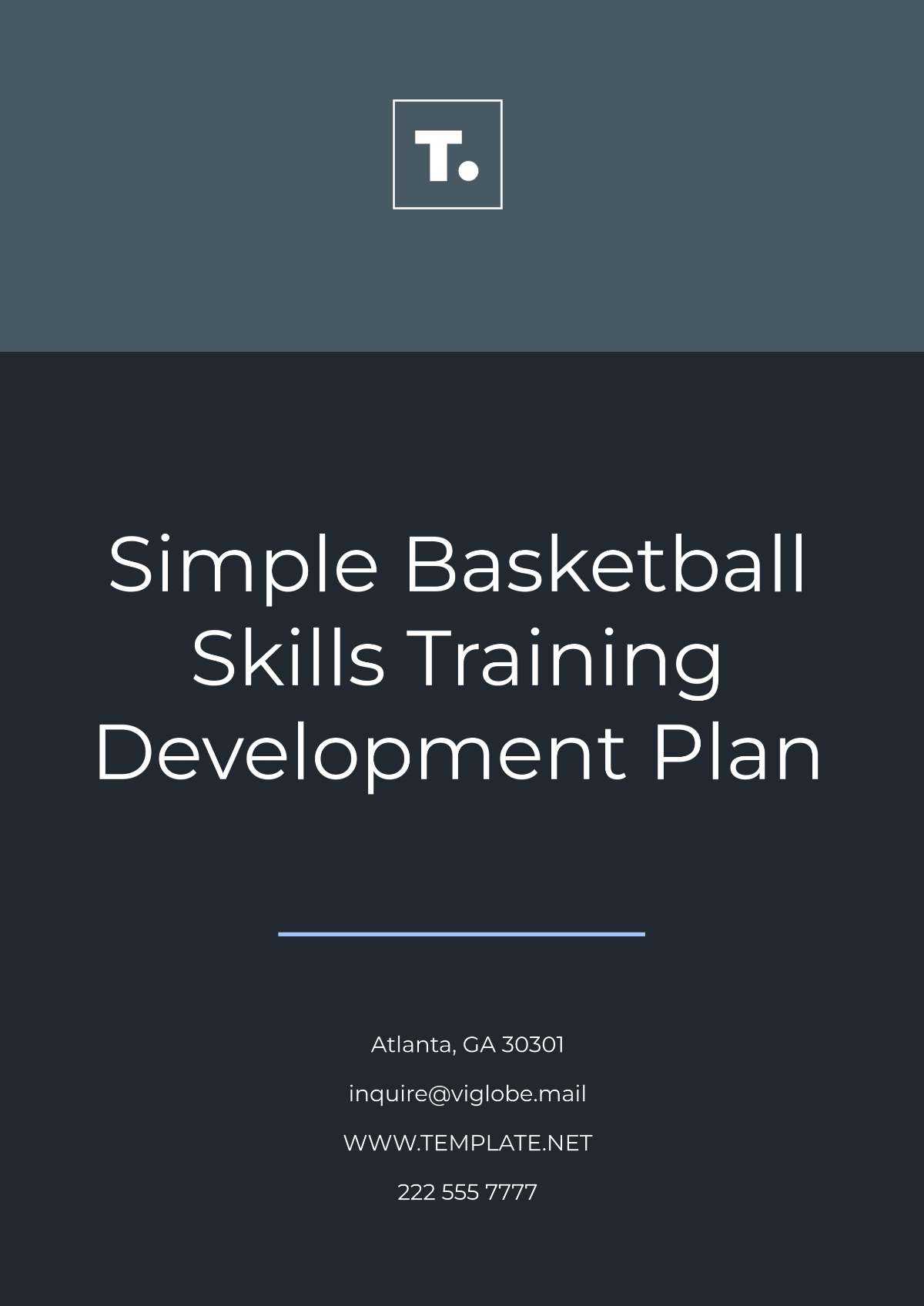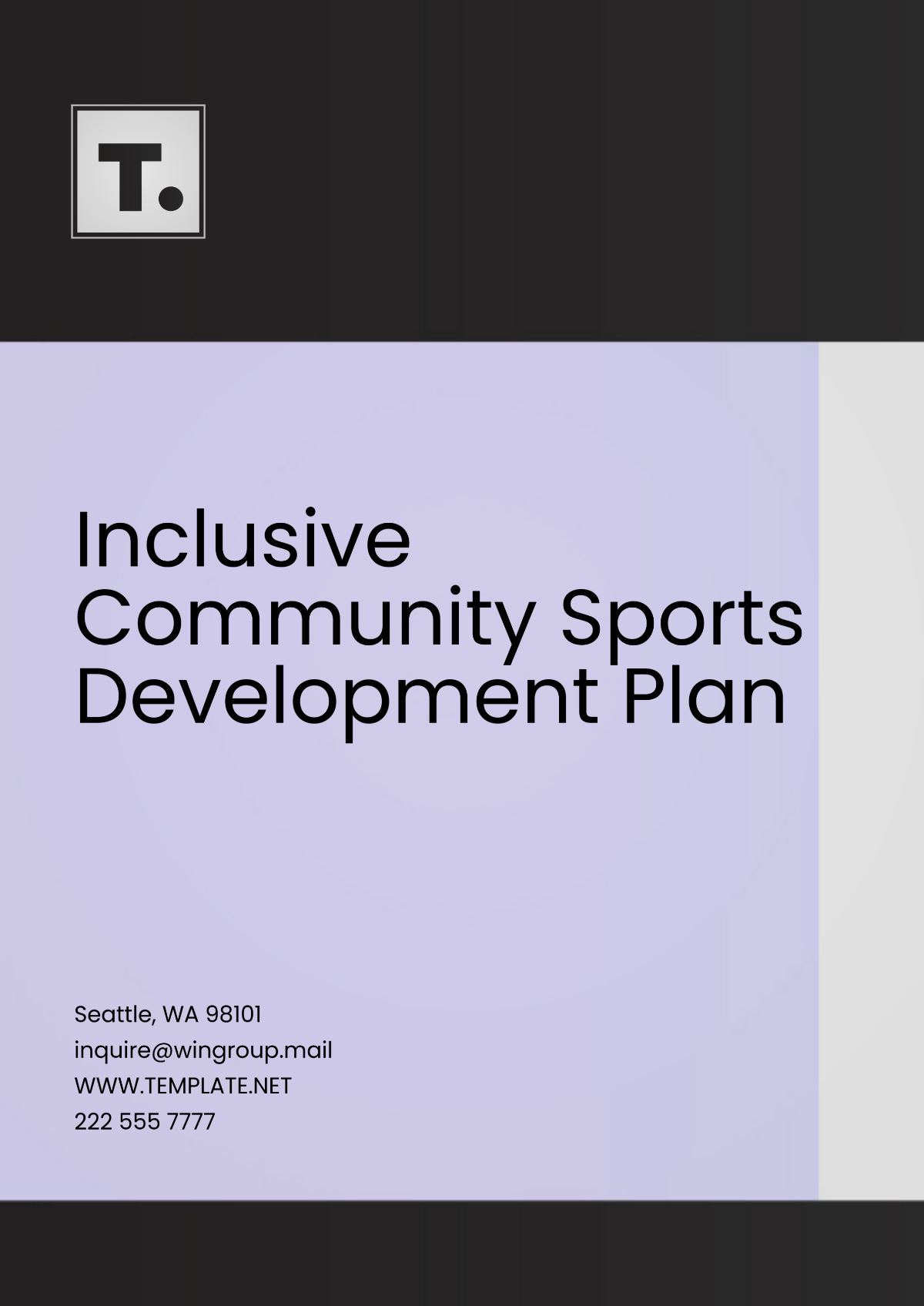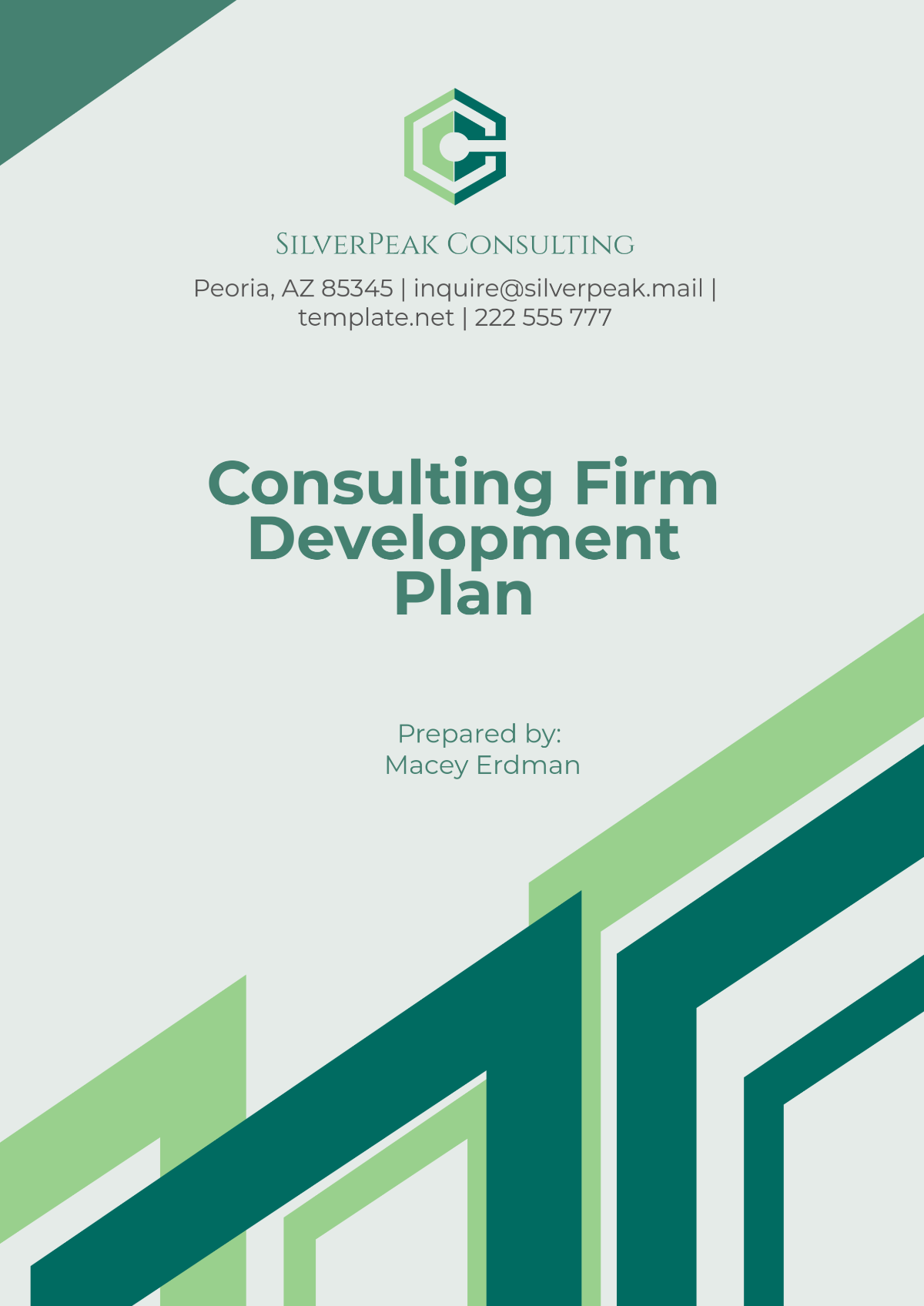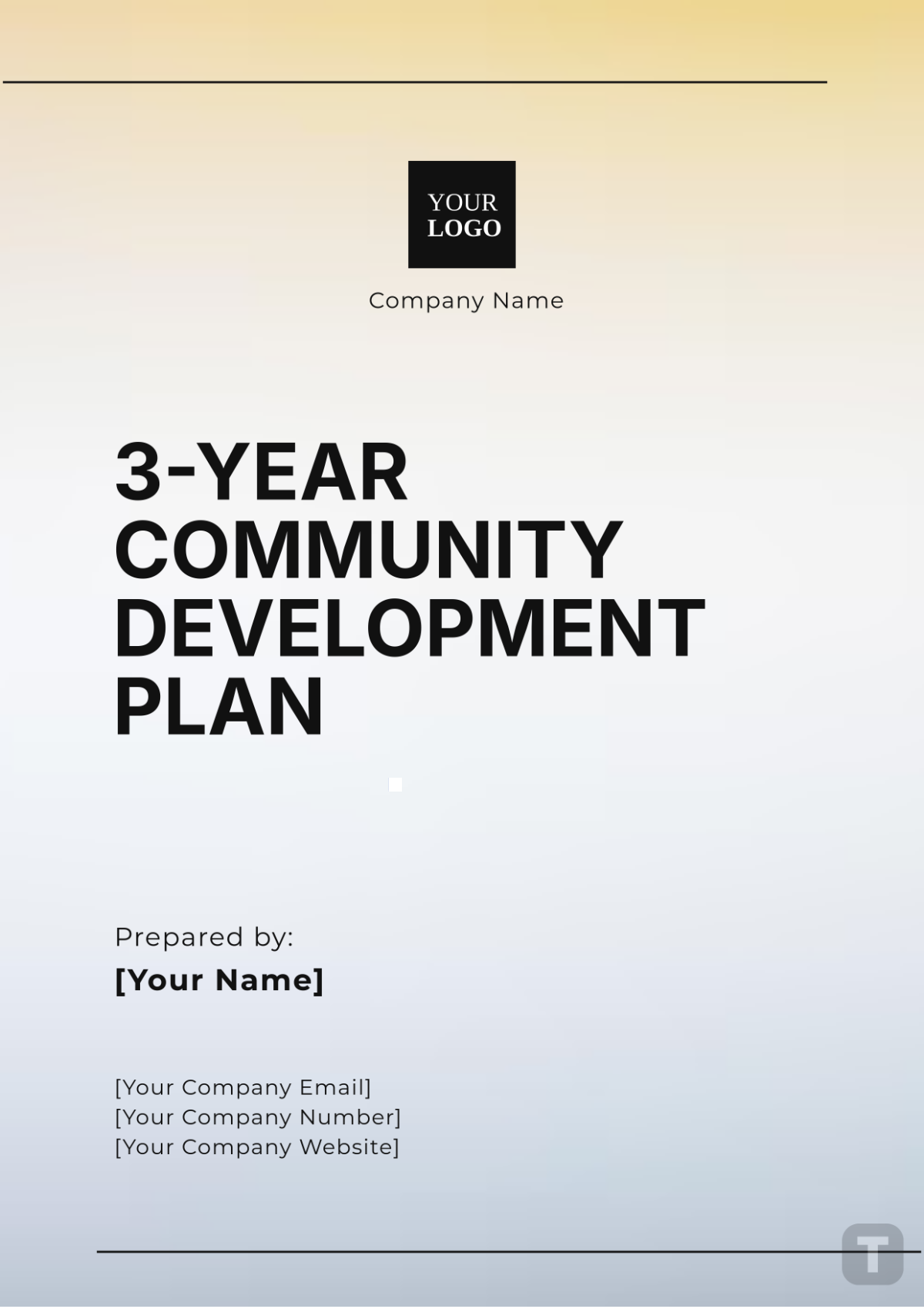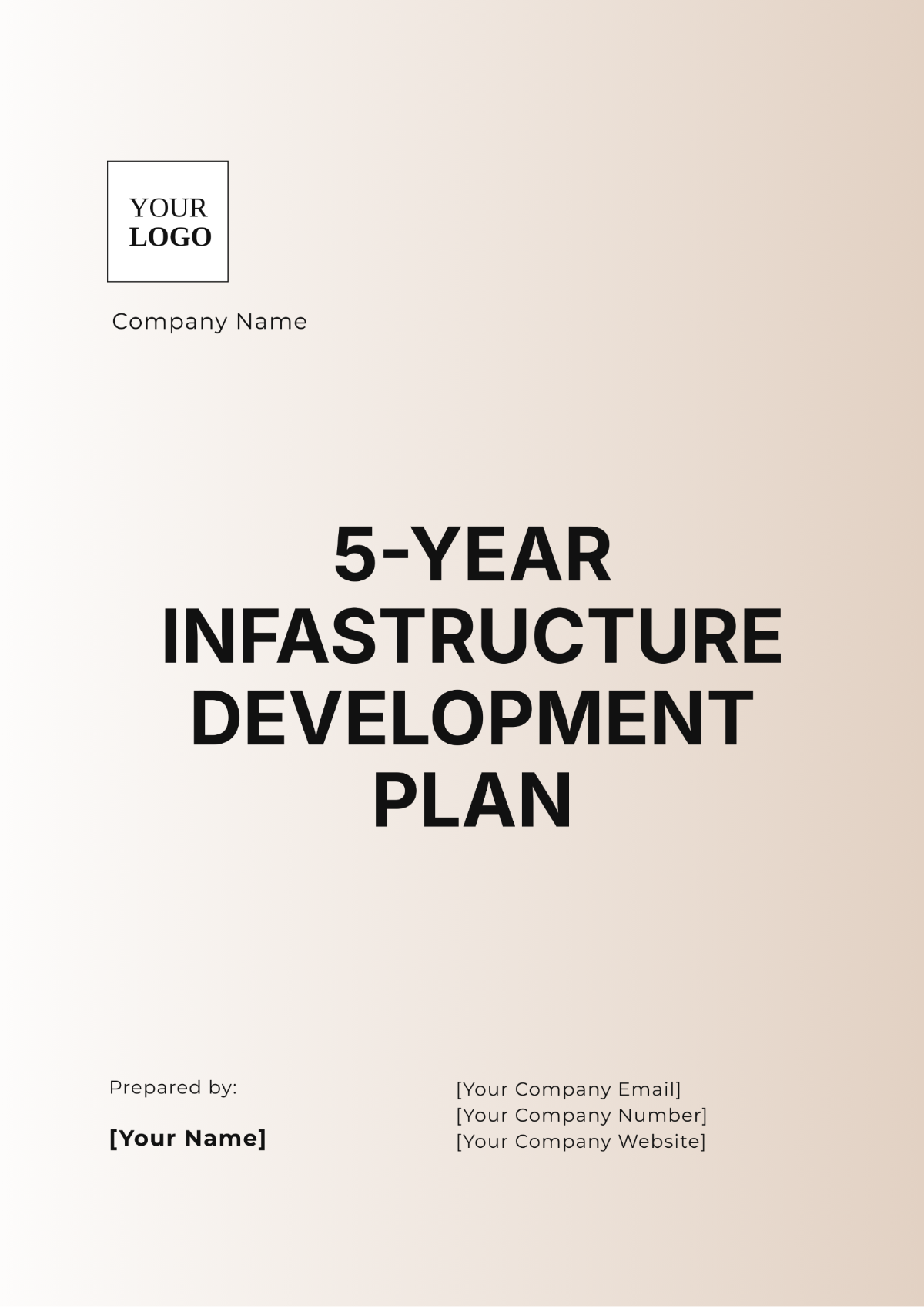Skills Development Plan
Written by: [Your Name]
Planning Period: January 1, 2050 - December 31, 2050
I. Introduction
Welcome to the Employee Skills Development Plan for [Your Company Name]. In the fast-paced world of digital marketing, staying ahead requires continuous learning and adaptation.
This plan aims to equip our team with the latest tools and techniques, ensuring our competitiveness and delivering outstanding results for our clients.
II. Objectives
A. Individual Career Growth:
According to industry surveys, 82% of digital marketers prioritize skill development to advance their careers.
Providing opportunities for specialization and mastery will increase employee satisfaction and retention rates.
B. Organizational Goals:
Analysis of market trends reveals a growing demand for expertise in areas such as data analytics, AI-driven marketing, and omnichannel strategies.
Aligning employee skill development with these trends will enable us to offer cutting-edge solutions and maintain our position as industry leaders.
C. Enhanced Performance:
Client feedback highlights the importance of staying up-to-date with emerging technologies and industry best practices.
Investing in employee development has historically resulted in a 25% increase in client satisfaction ratings.
III. Skill Assessment
A. Current Skill Levels:
Performance evaluations and skills assessments conducted during the previous year provide insights into the proficiency levels of our team members.
Feedback from client projects identifies areas for improvement, such as proficiency in SEO, social media advertising, and content marketing.
B. Skill Gaps:
Comparative analysis against industry benchmarks reveals gaps in advanced analytics tools, such as Google Analytics 360 and Adobe Analytics.
Anticipated shifts in consumer behavior necessitate upskilling in areas such as voice search optimization and augmented reality marketing.
IV. Development Activities
A. Training Programs:
Subscription to leading online learning platforms offers access to courses on topics such as advanced SEO techniques, programmatic advertising, and UX/UI design.
In-house workshops led by industry experts will focus on practical applications of emerging technologies and trends.
B. Mentorship and Coaching:
Pairing junior team members with experienced mentors fosters knowledge transfer and accelerates skill development.
Coaching sessions with senior strategists will focus on strategic thinking, client management, and project leadership.
C. Job Rotation:
Cross-functional collaboration opportunities will be facilitated to encourage skill diversification and innovation.
Participation in client pitches and strategy sessions across different business units will provide exposure to diverse perspectives and challenges.
D. Conferences and Seminars:
Attendance at industry events such as [Digital Marketing World Expo] and [Social Media Summit] will provide networking opportunities and insights into emerging trends.
Post-event debrief sessions will encourage knowledge sharing and application of key learnings to client projects.
V. Implementation Plan
A. Timeline:
Quarterly review cycles will ensure flexibility in adapting the plan to evolving client needs and market dynamics.
Key milestones, such as the launch of new service offerings and the integration of new technologies, are outlined in the timeline.
B. Responsibilities:
HR will coordinate the administration of development activities, including scheduling and resource allocation.
Team leaders will provide ongoing support and feedback to team members, monitoring progress and addressing any challenges that arise.
C. Budget:
Allocation of [Budget Amount] for training and development initiatives, representing a [X%] increase from the previous year's investment.
ROI projections based on improved client satisfaction ratings and increased billable hours justify the investment in employee development.
VI. Monitoring and Evaluation
A. Progress Tracking:
Performance dashboards will be updated regularly to track individual and team progress toward development goals.
Monthly check-ins between team members and managers will provide opportunities for feedback and course correction.
B. Feedback Mechanisms:
Quarterly surveys will be conducted to gather feedback on the relevance and effectiveness of development activities.
Client feedback on project deliverables and campaign performance will be used to assess the impact of skill development initiatives on client outcomes.
C. Success Metrics:
KPIs such as client retention rates, campaign ROI, and employee satisfaction scores will be monitored to assess the impact of the skills development plan.
Benchmarks established at the outset of the planning period will serve as reference points for evaluating progress and identifying areas for improvement.
VII. Conclusion
The successful execution of this Employee Skills Development Plan will enable [Your Company Name] to maintain its position as a leader in the industry, delivering innovative solutions and exceptional results for our clients. By investing in our team's growth and development, we ensure our continued success in a dynamic and competitive marketplace.
